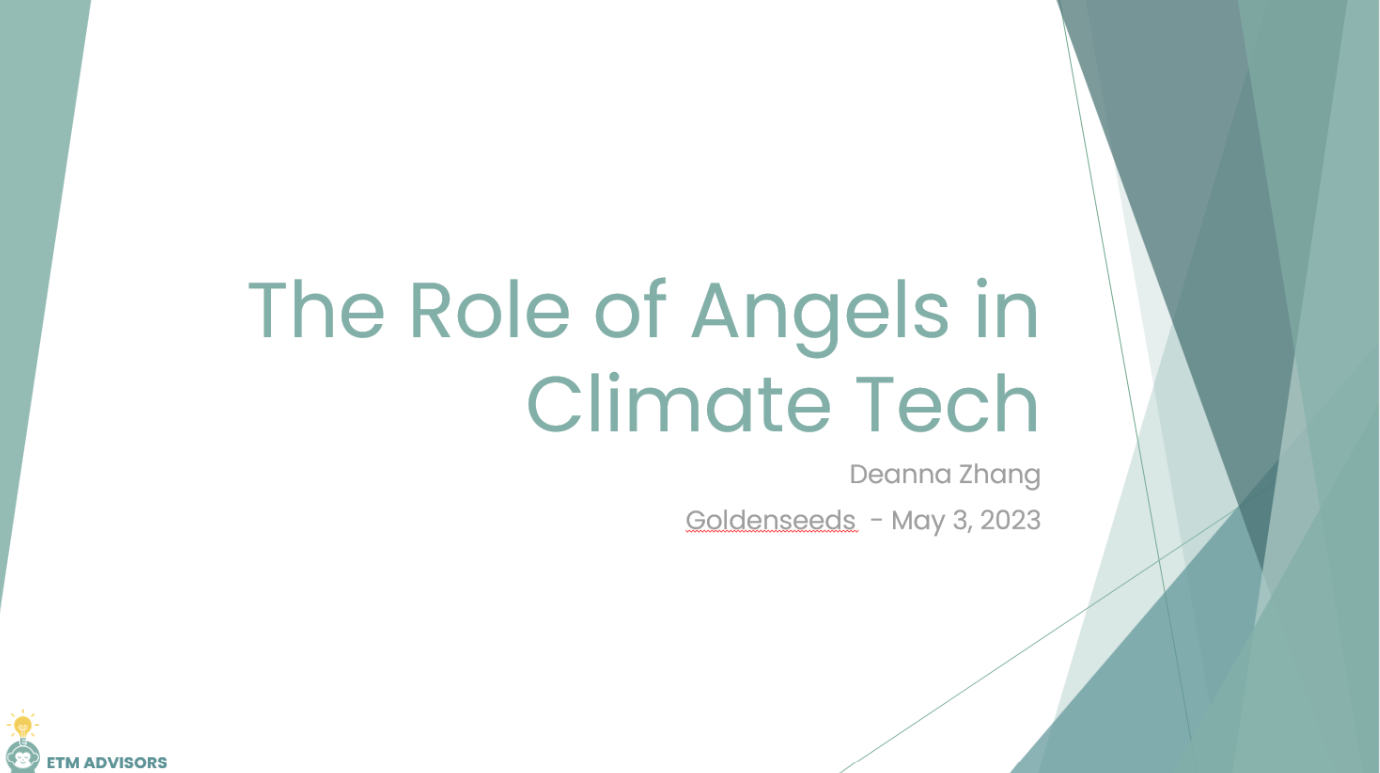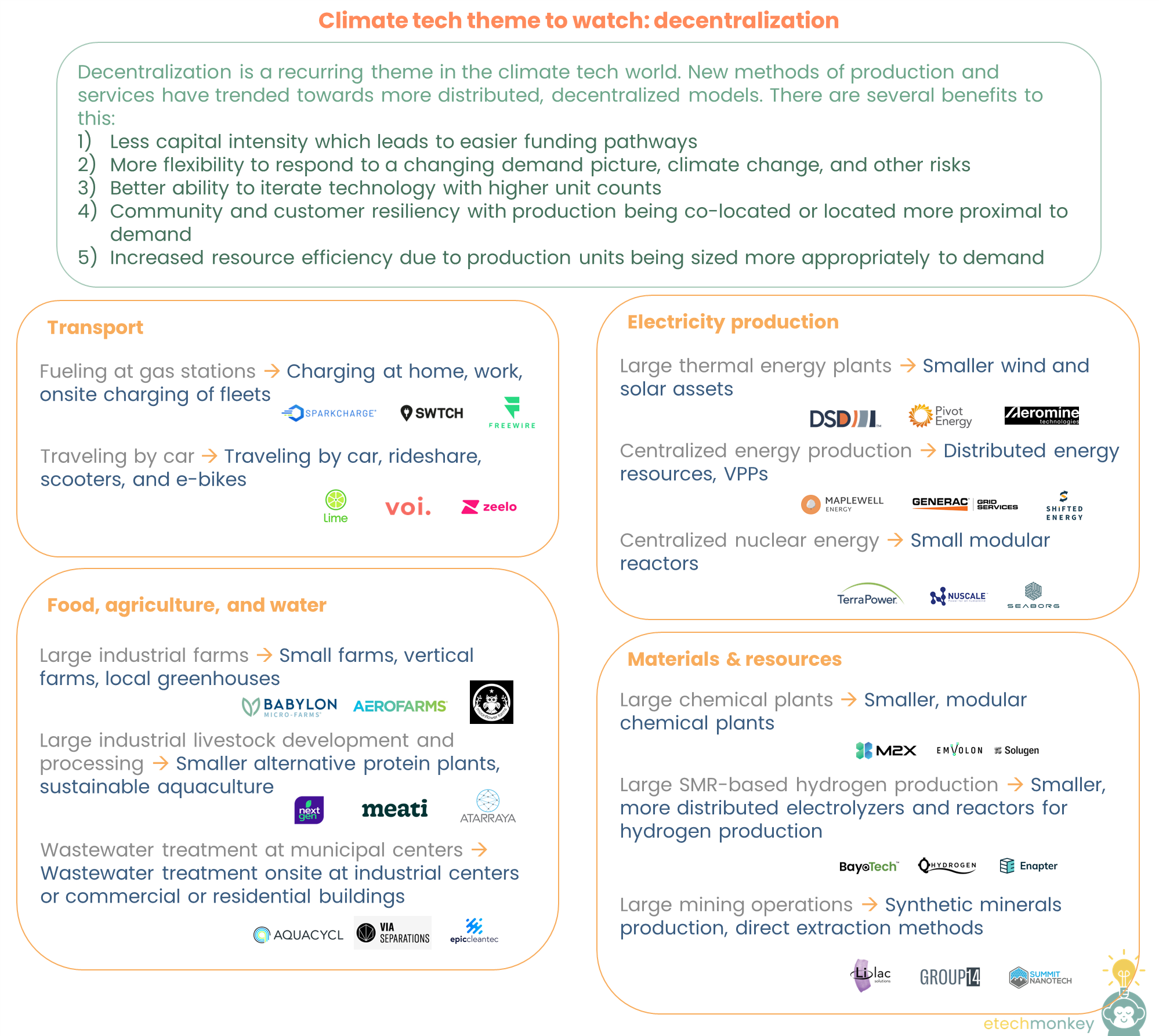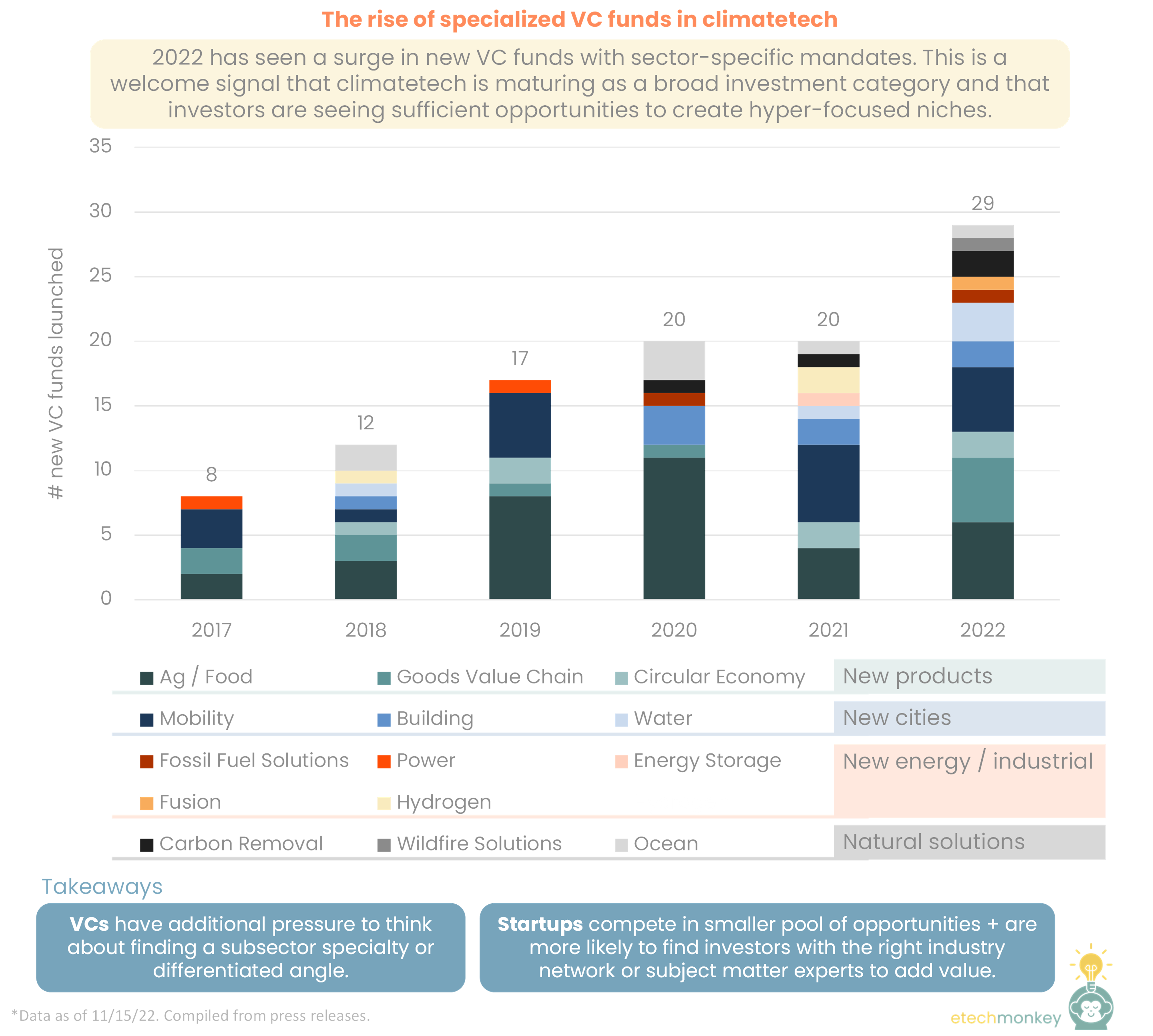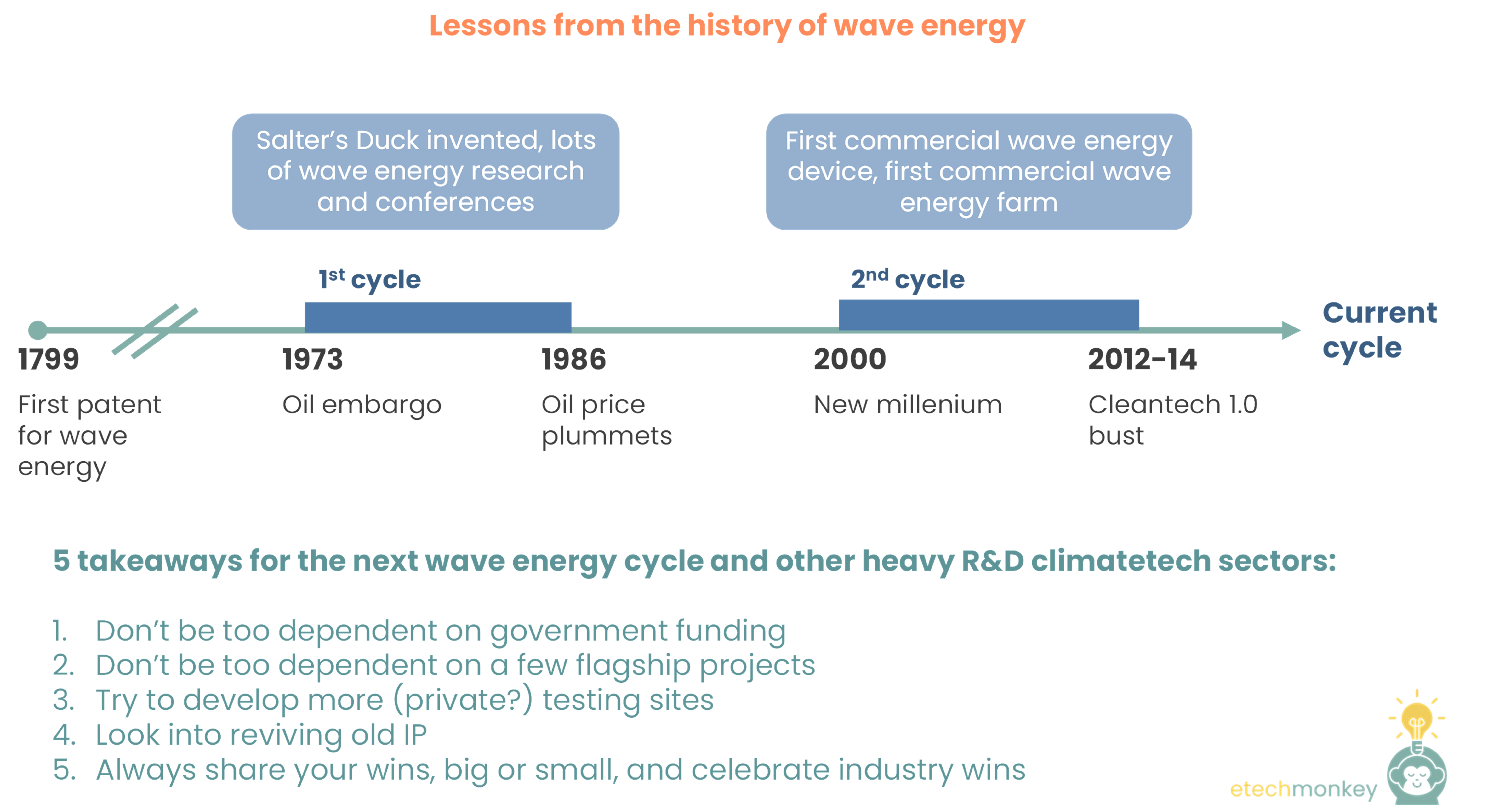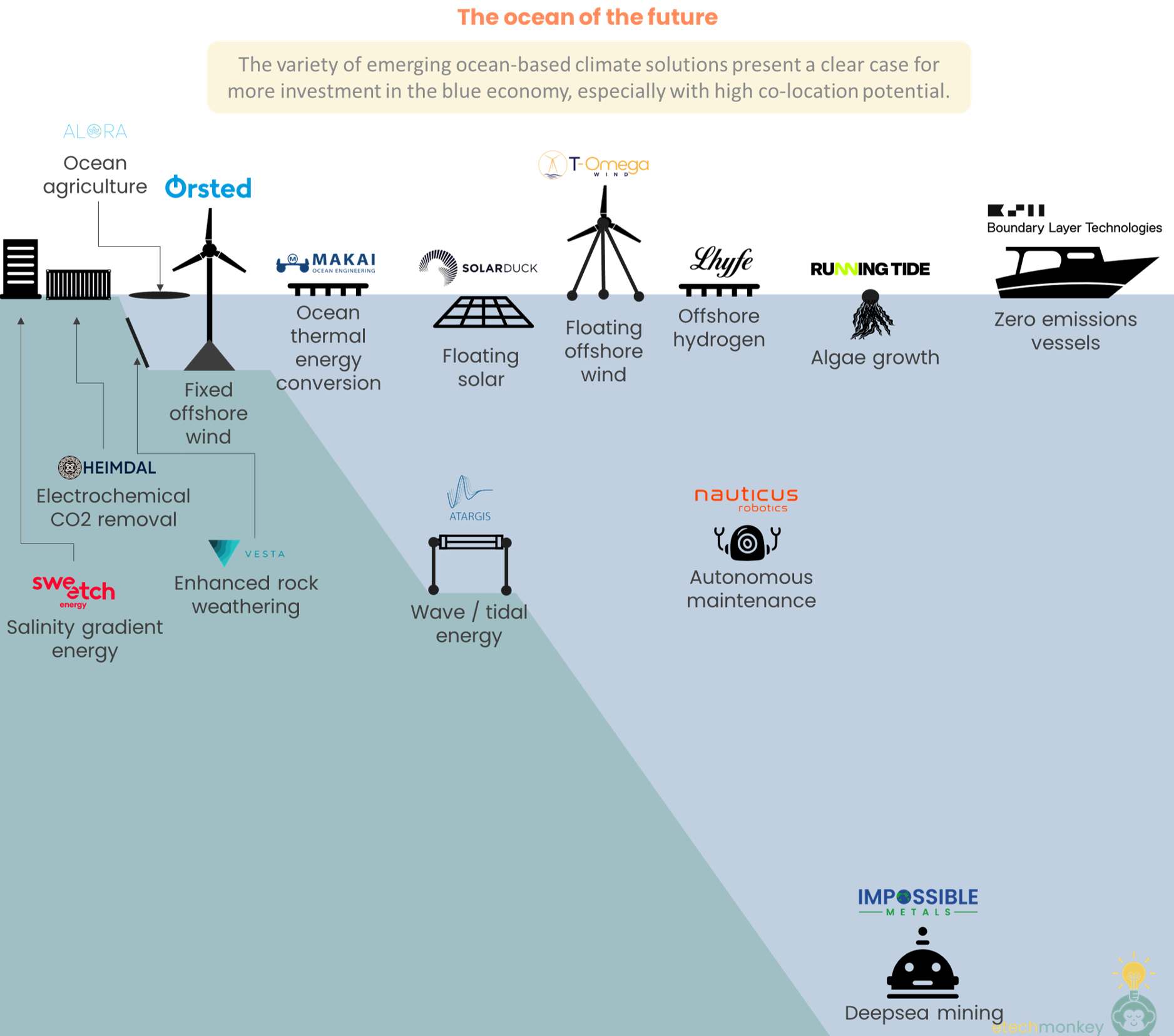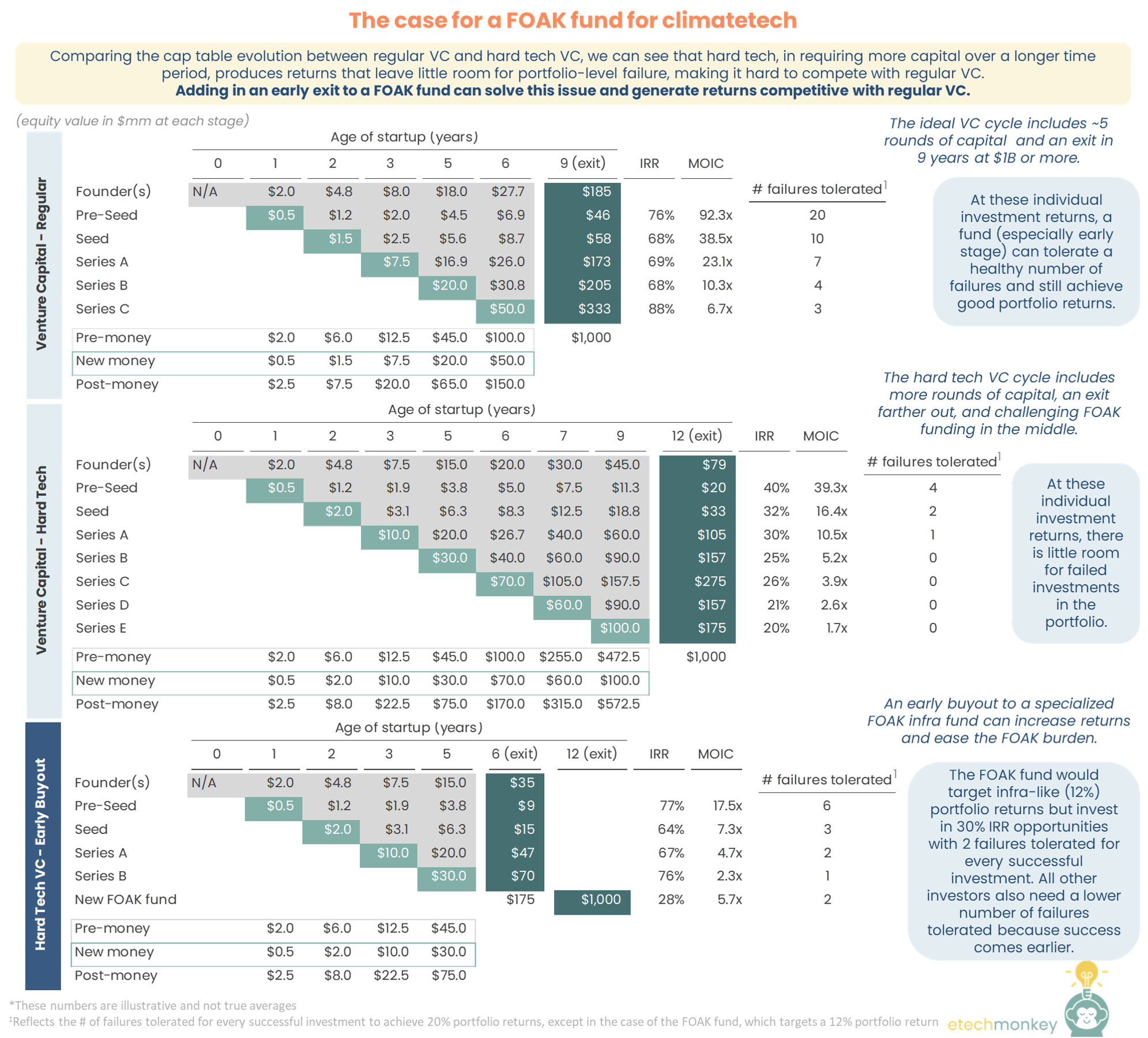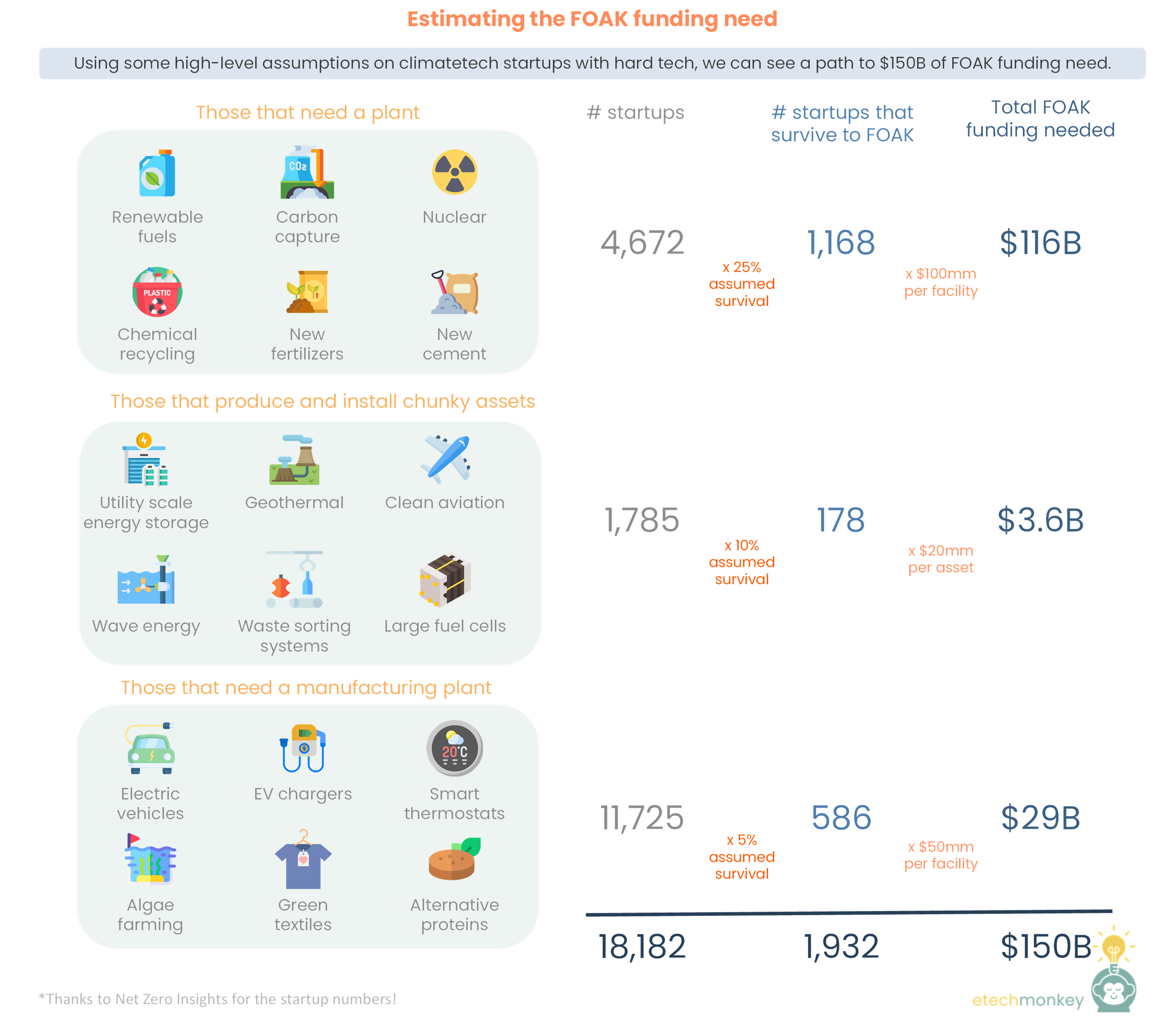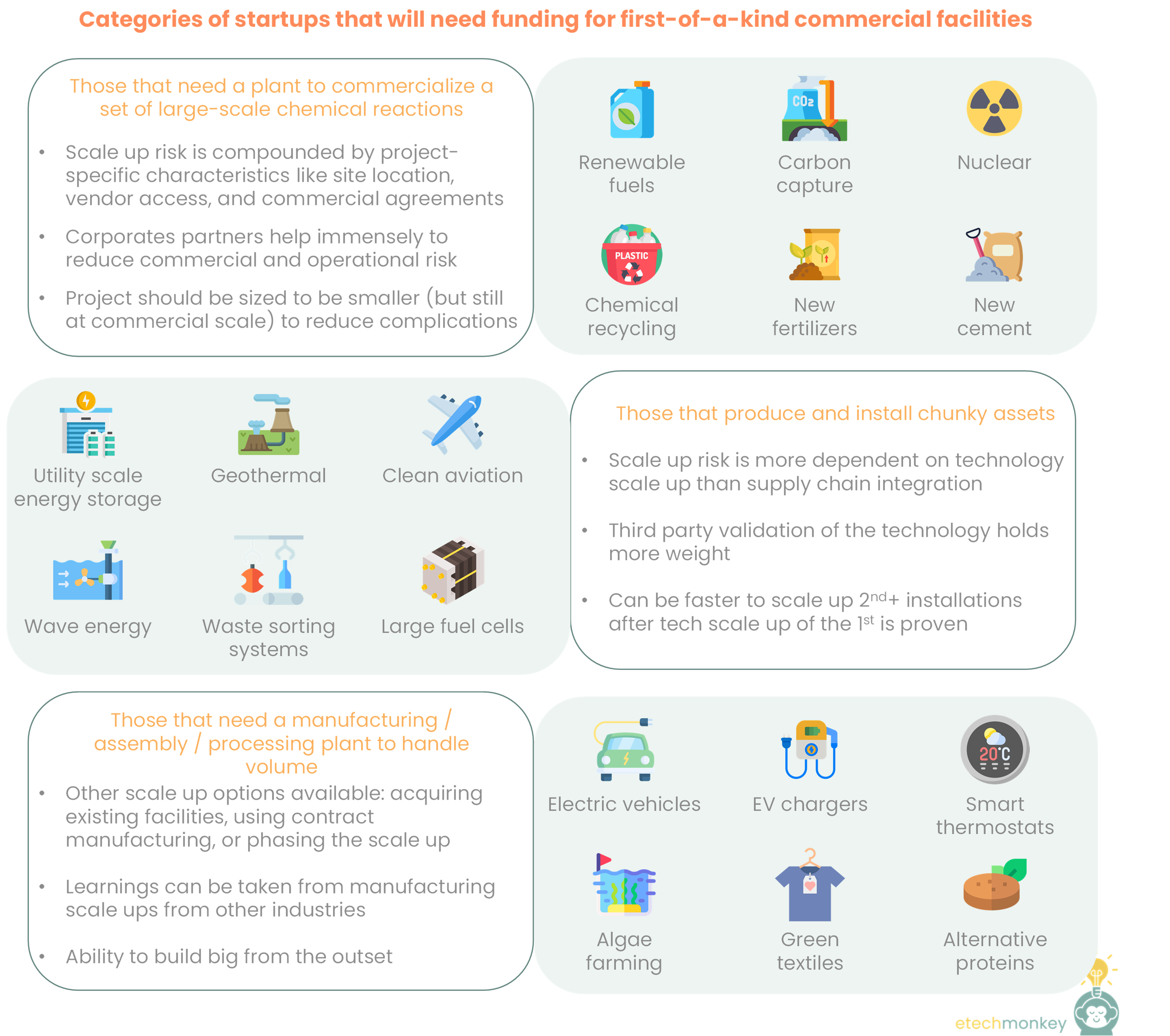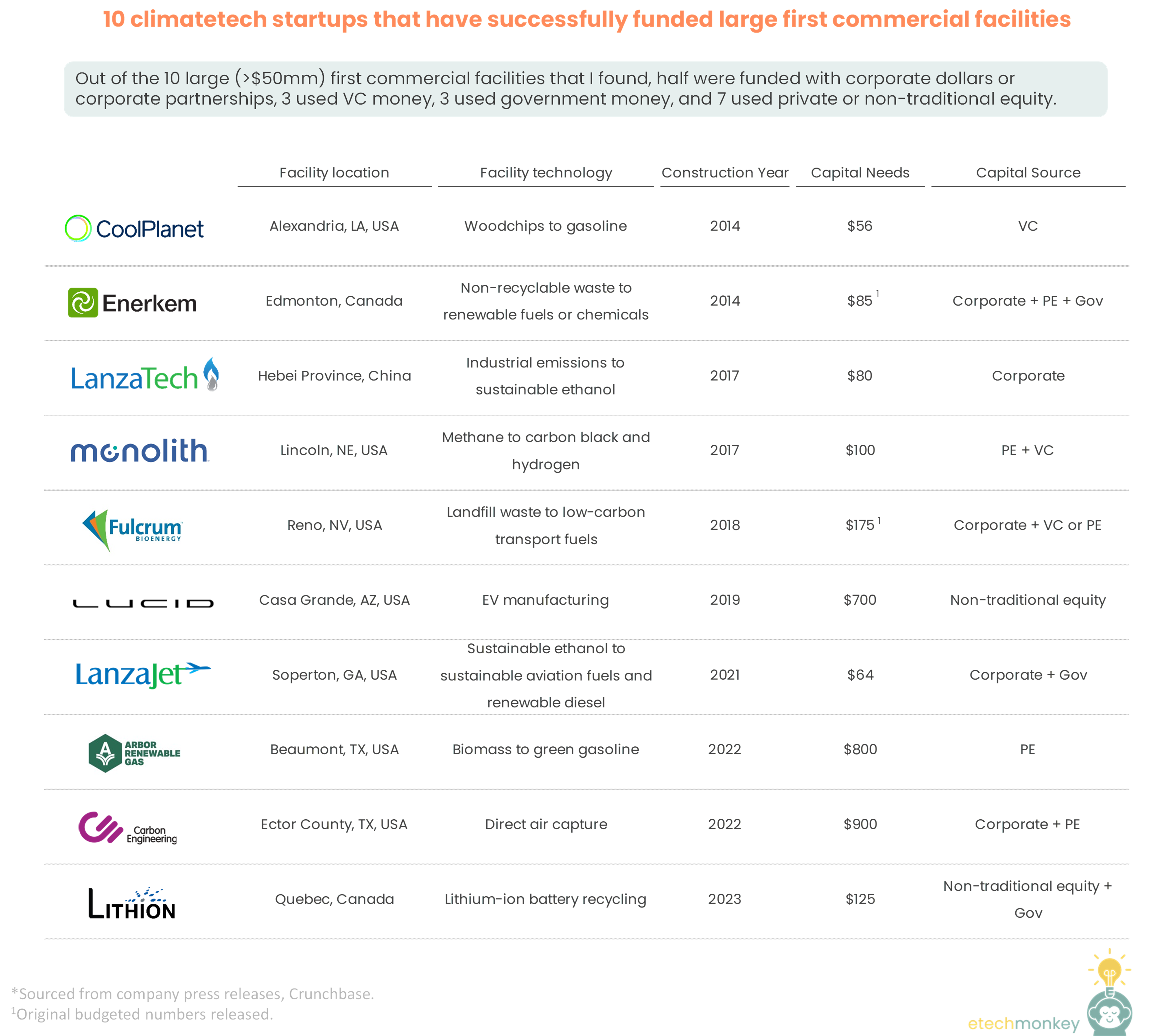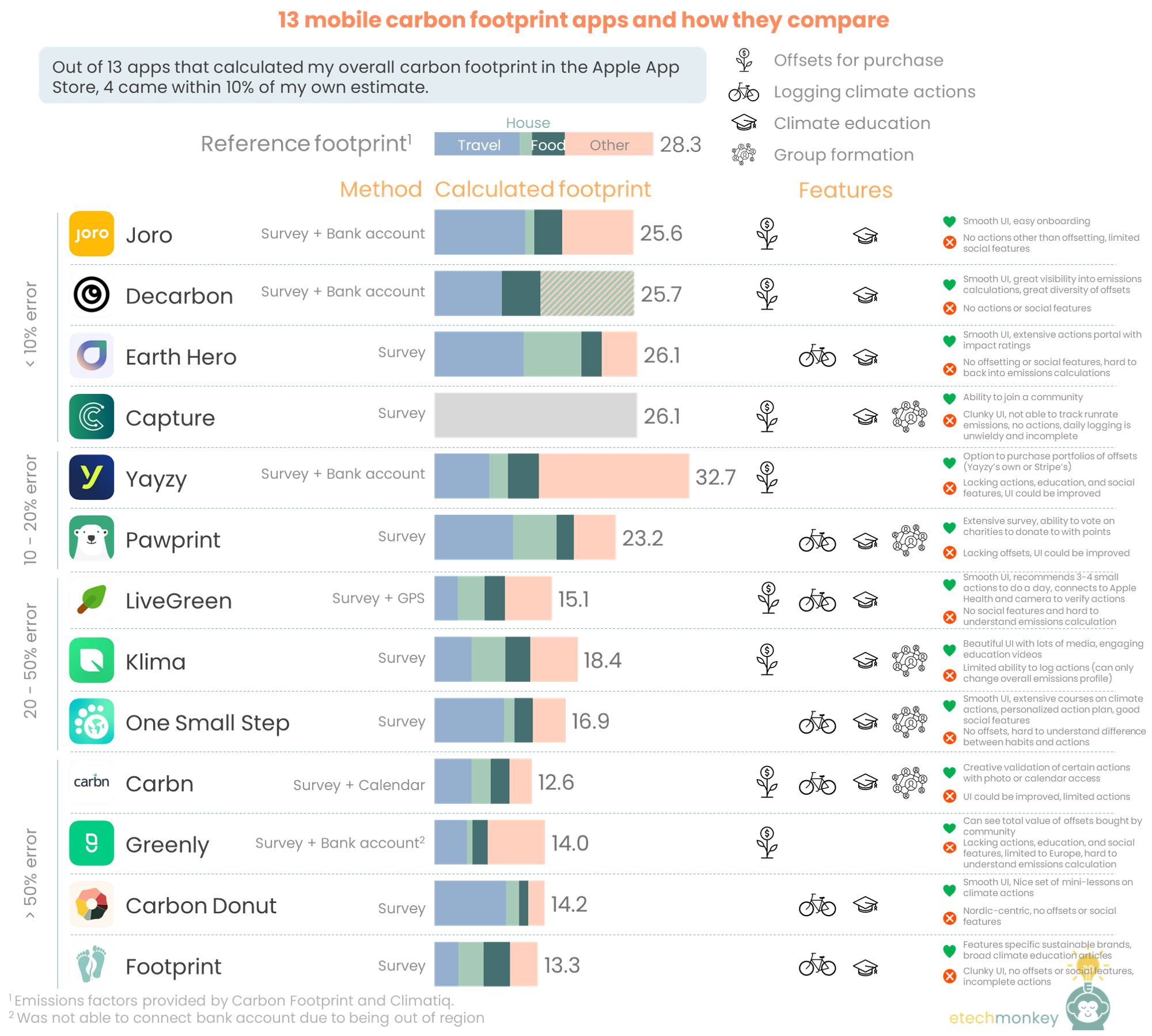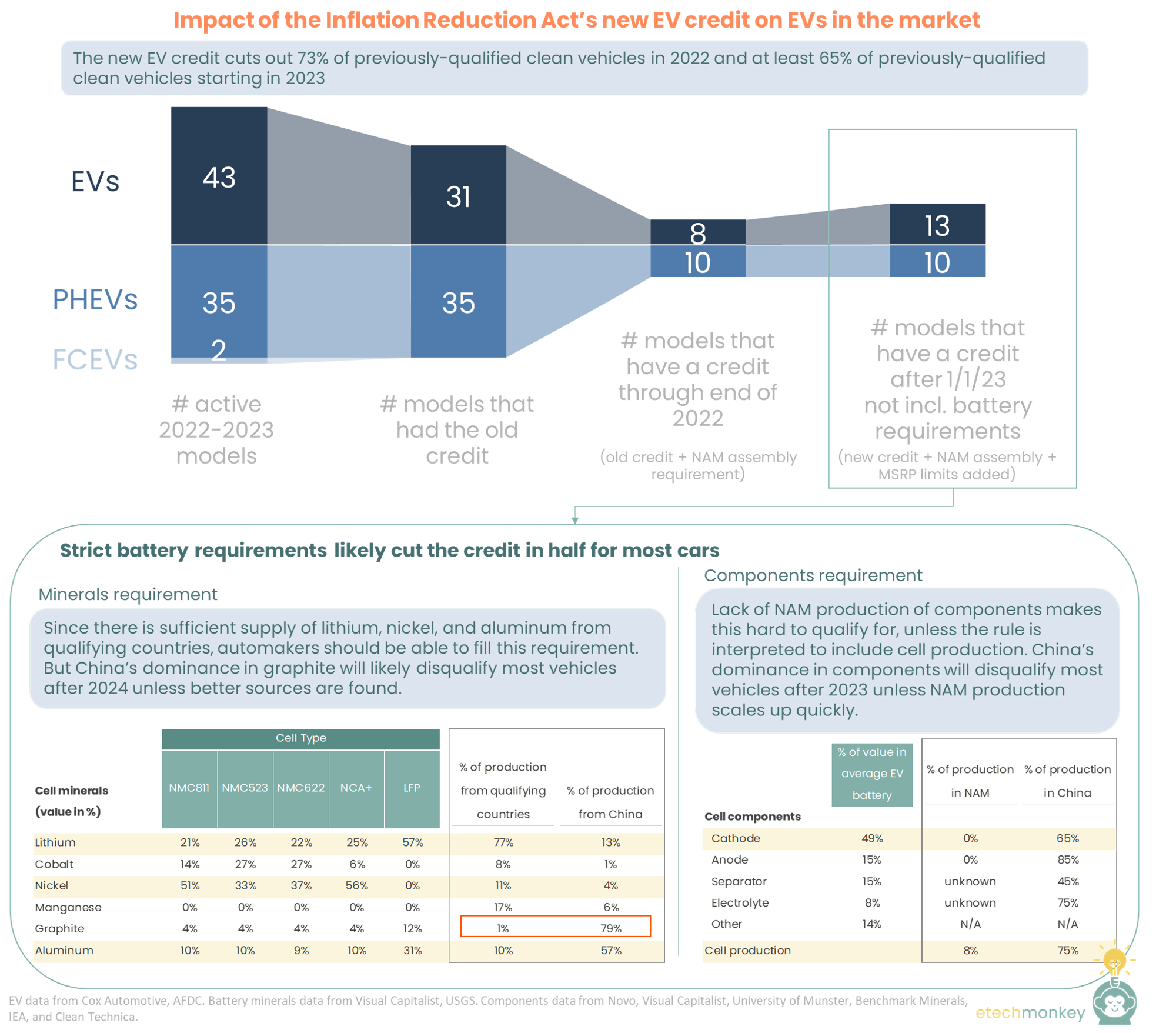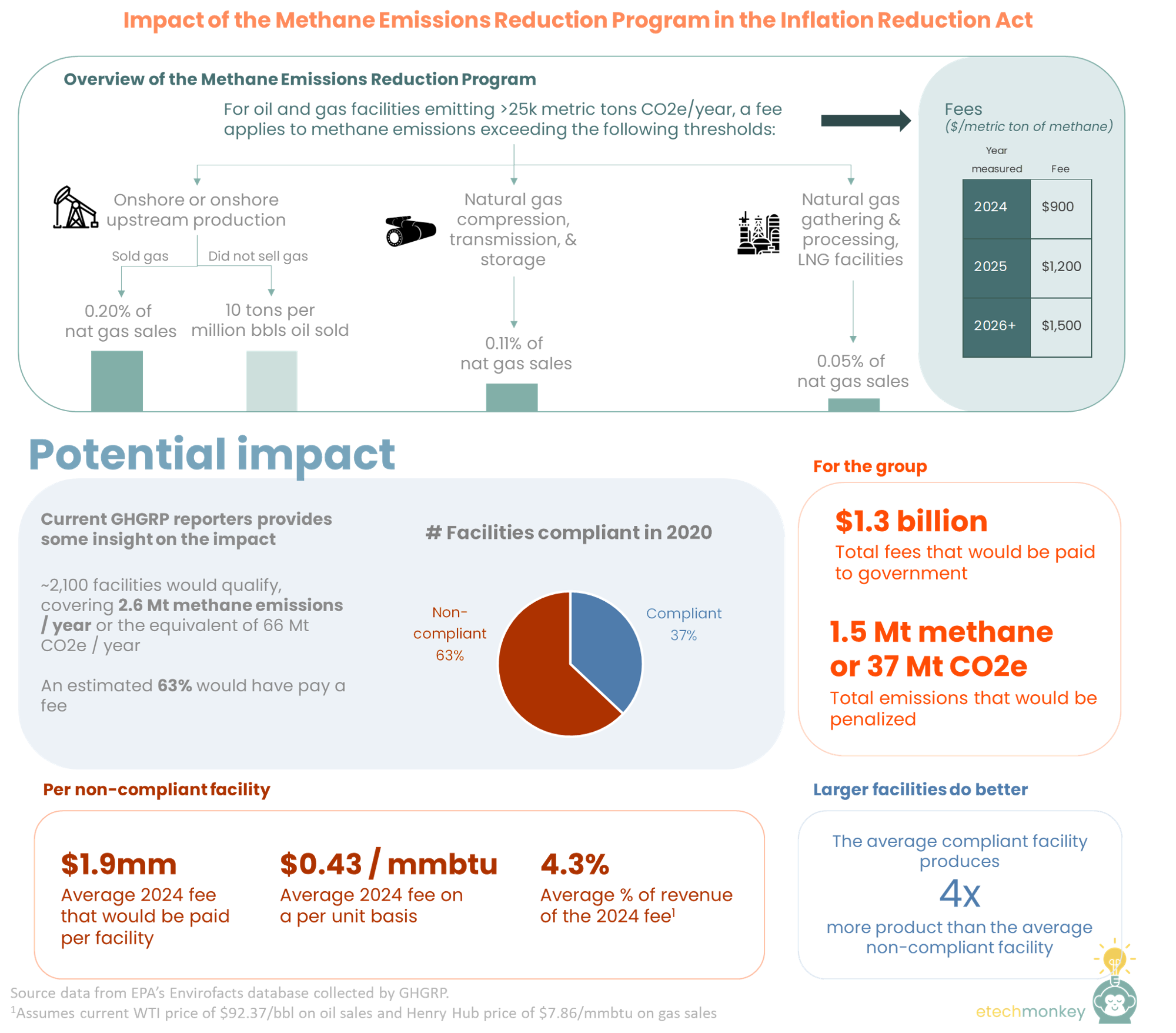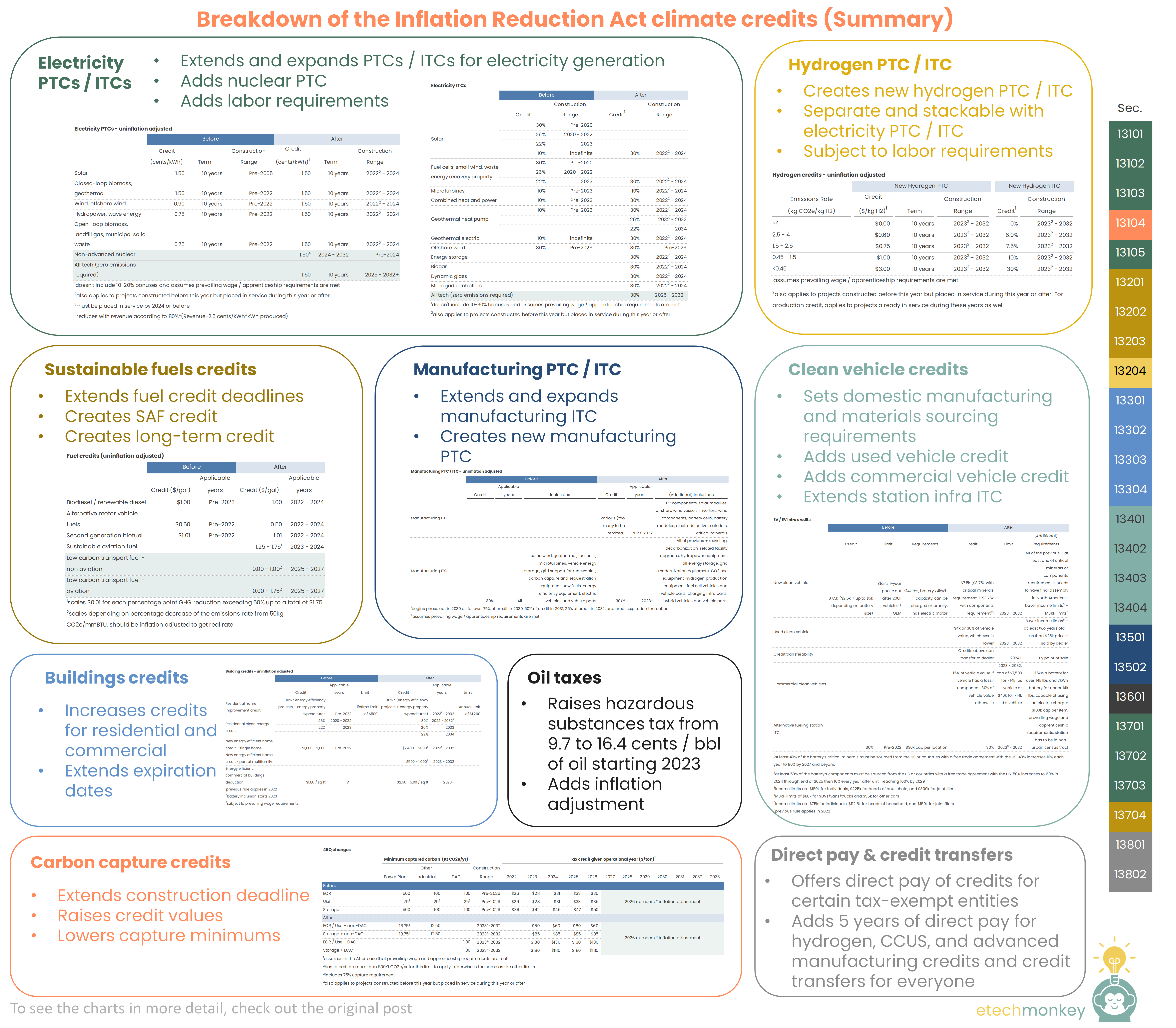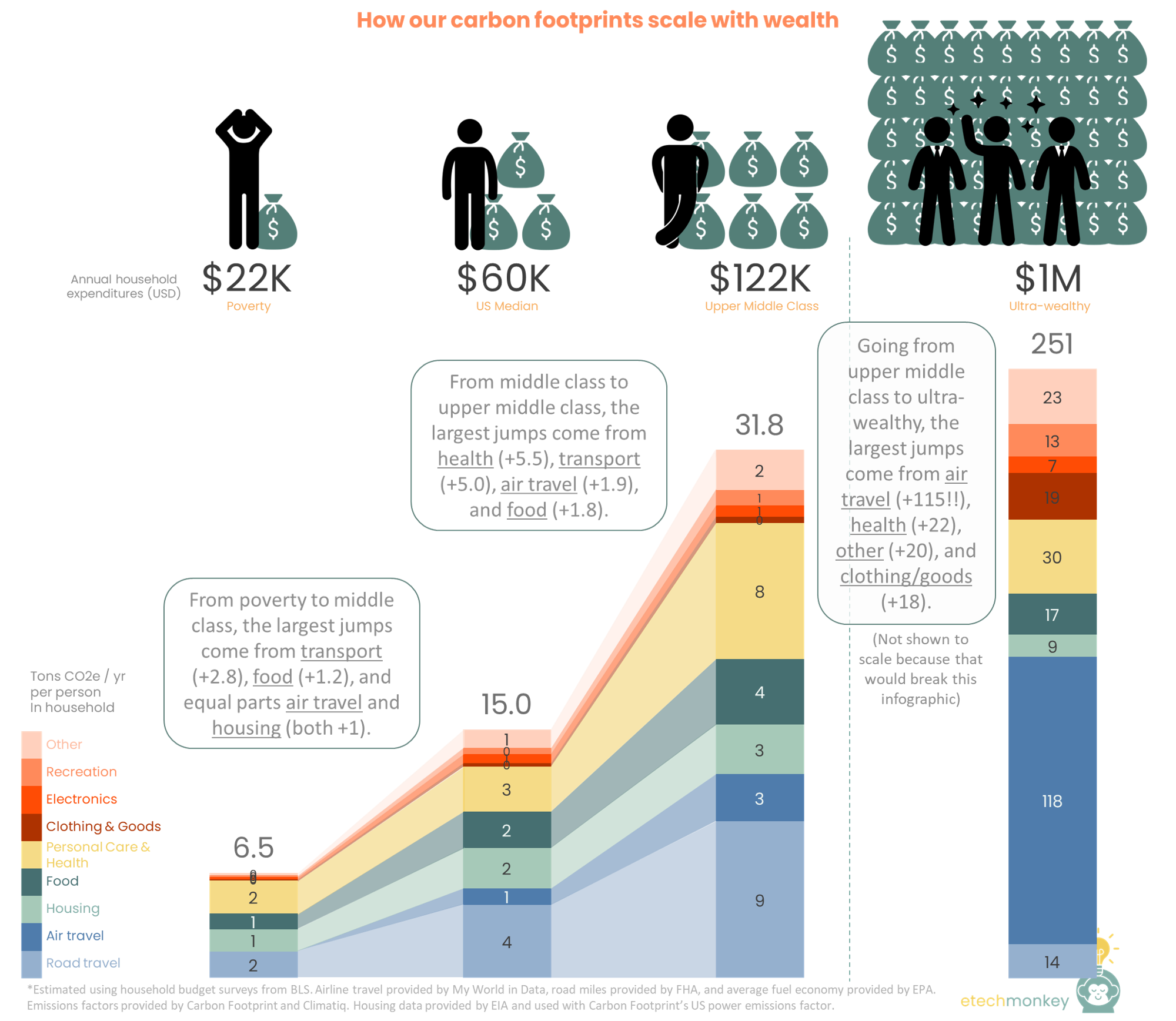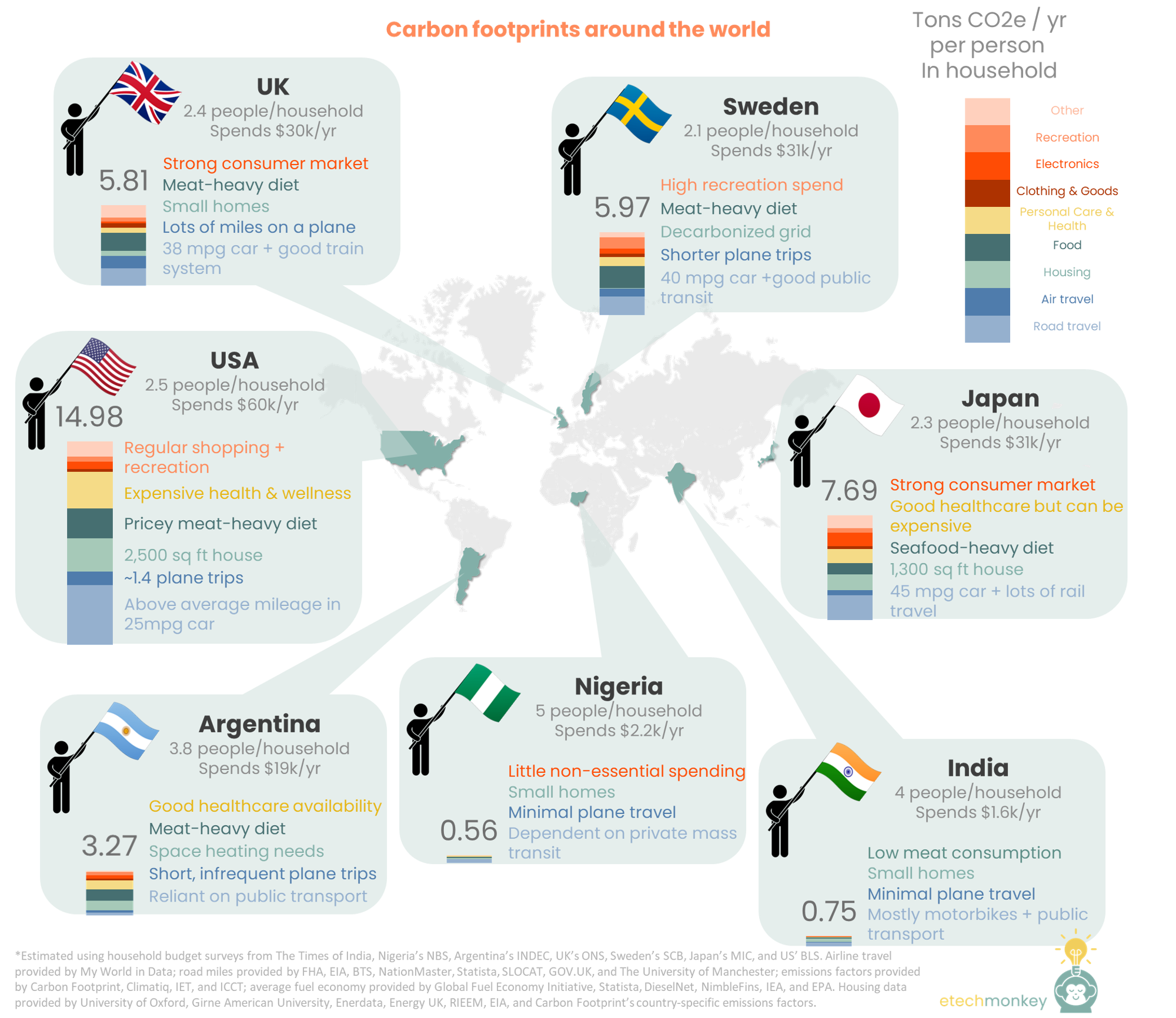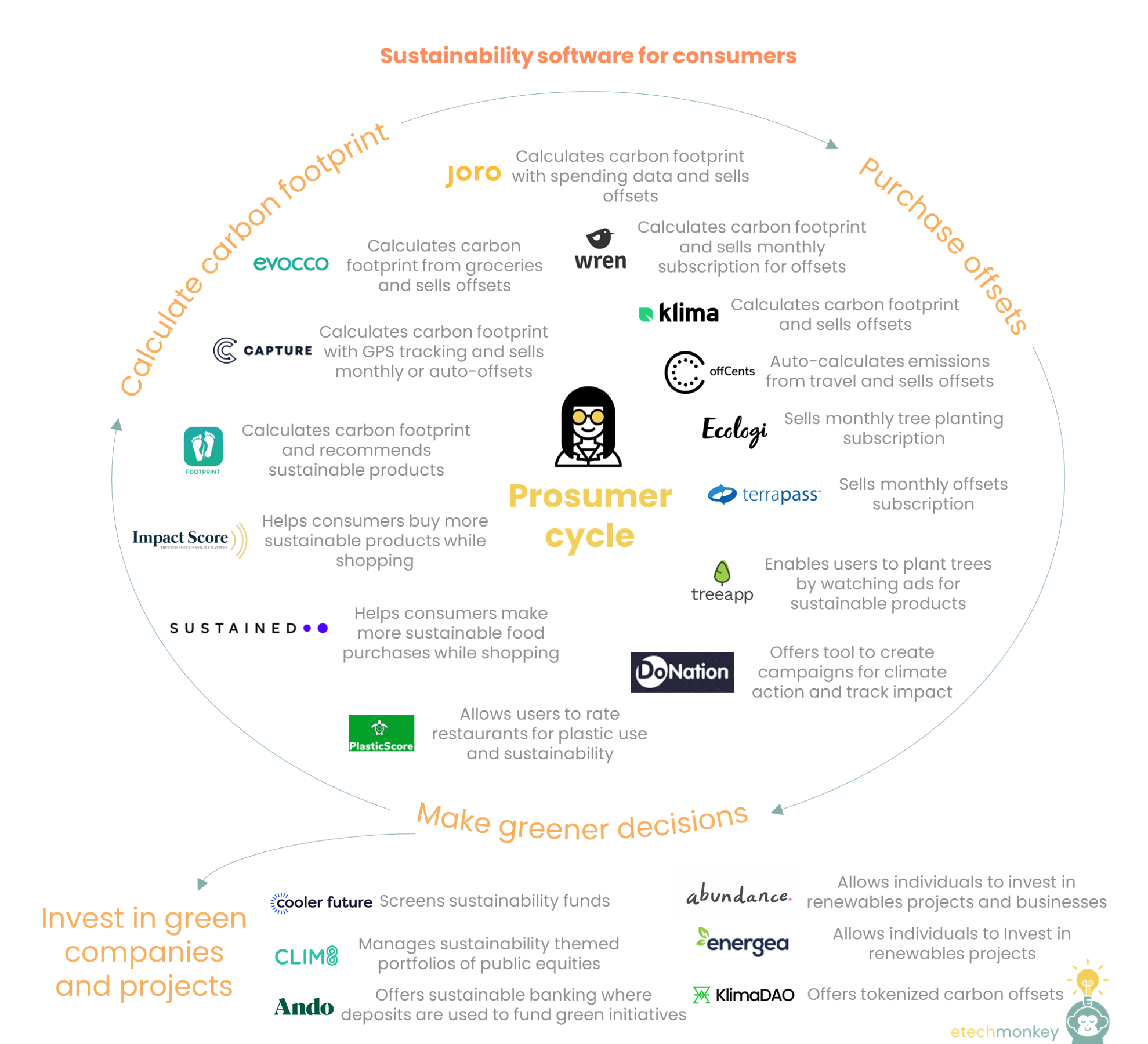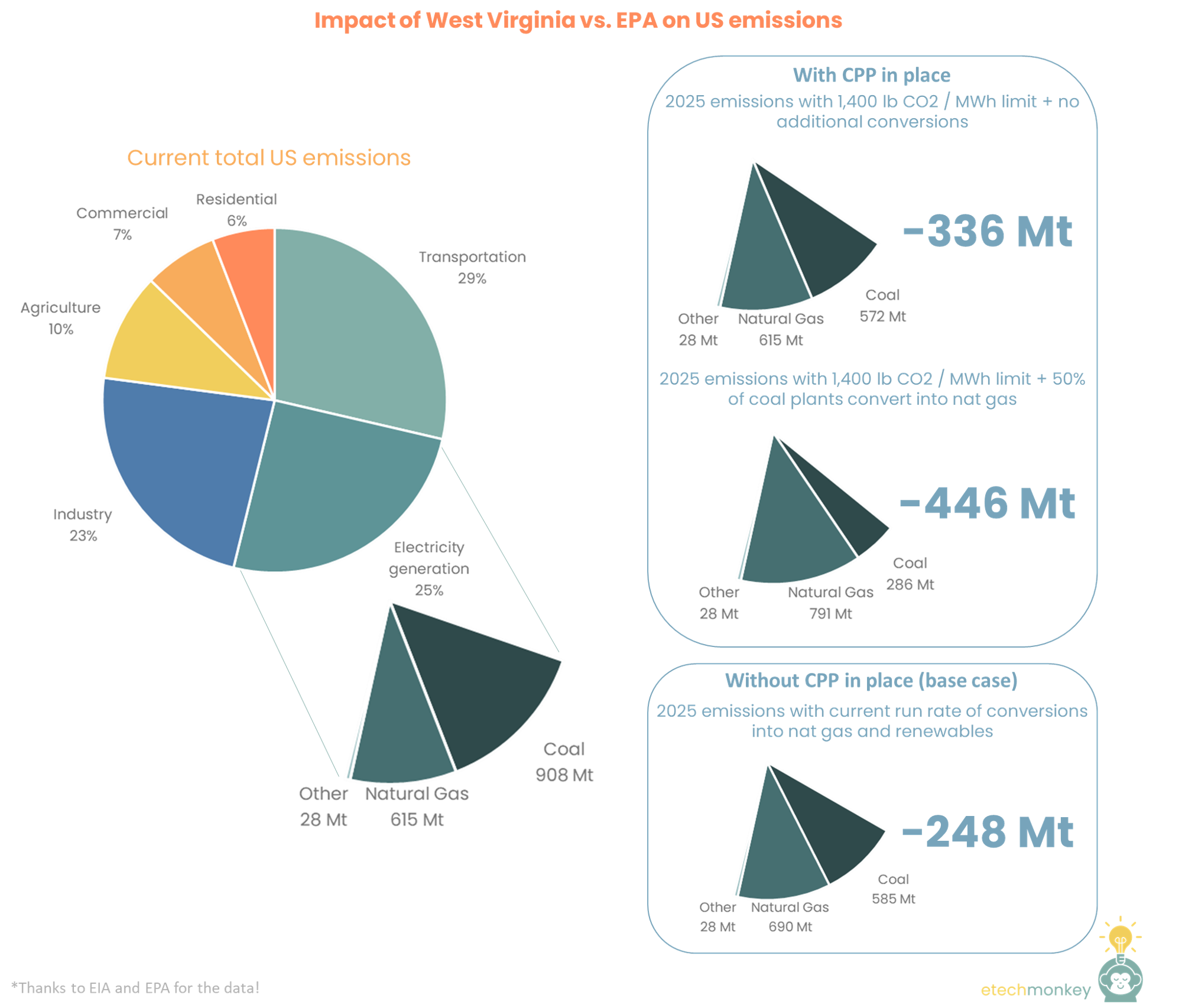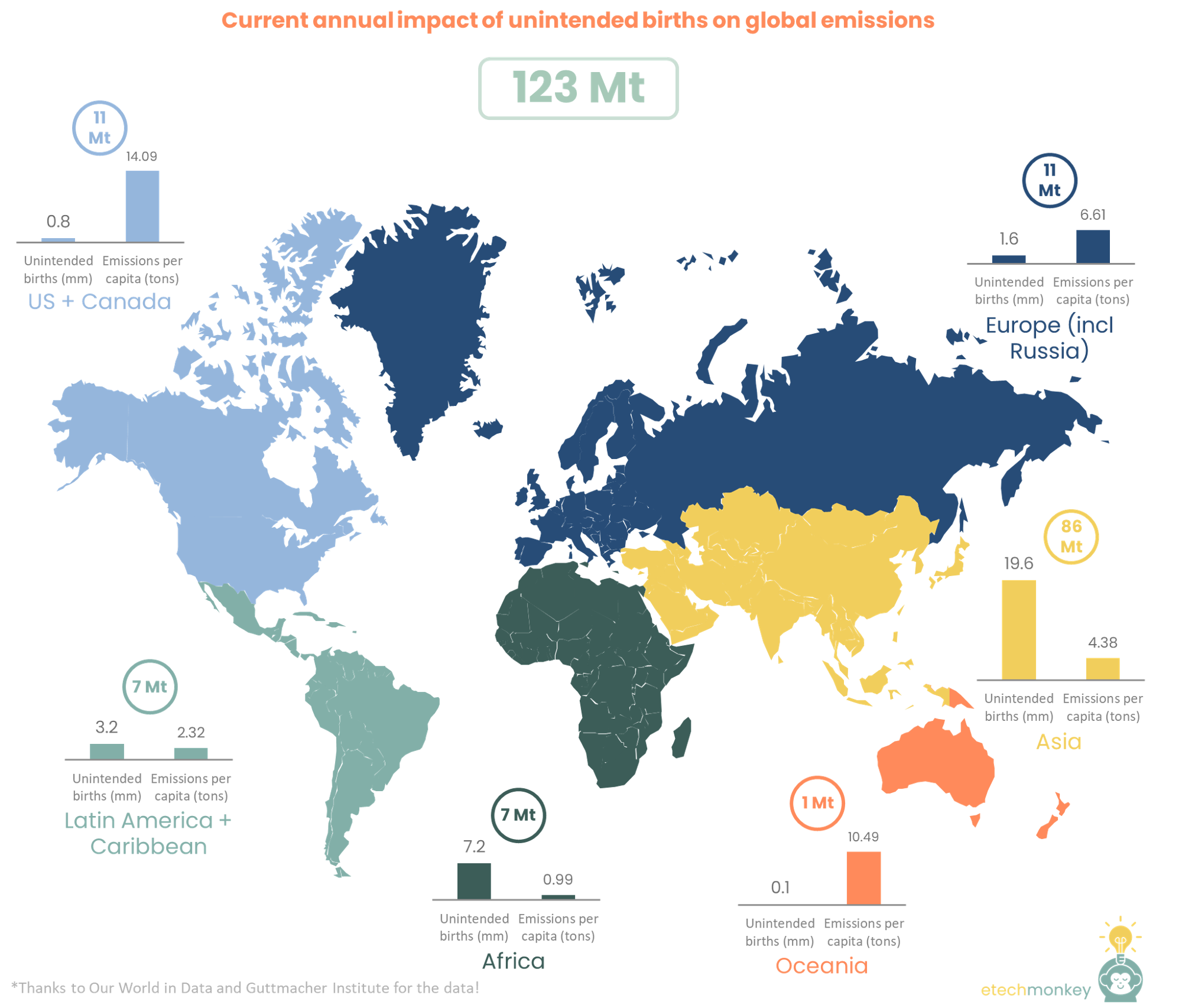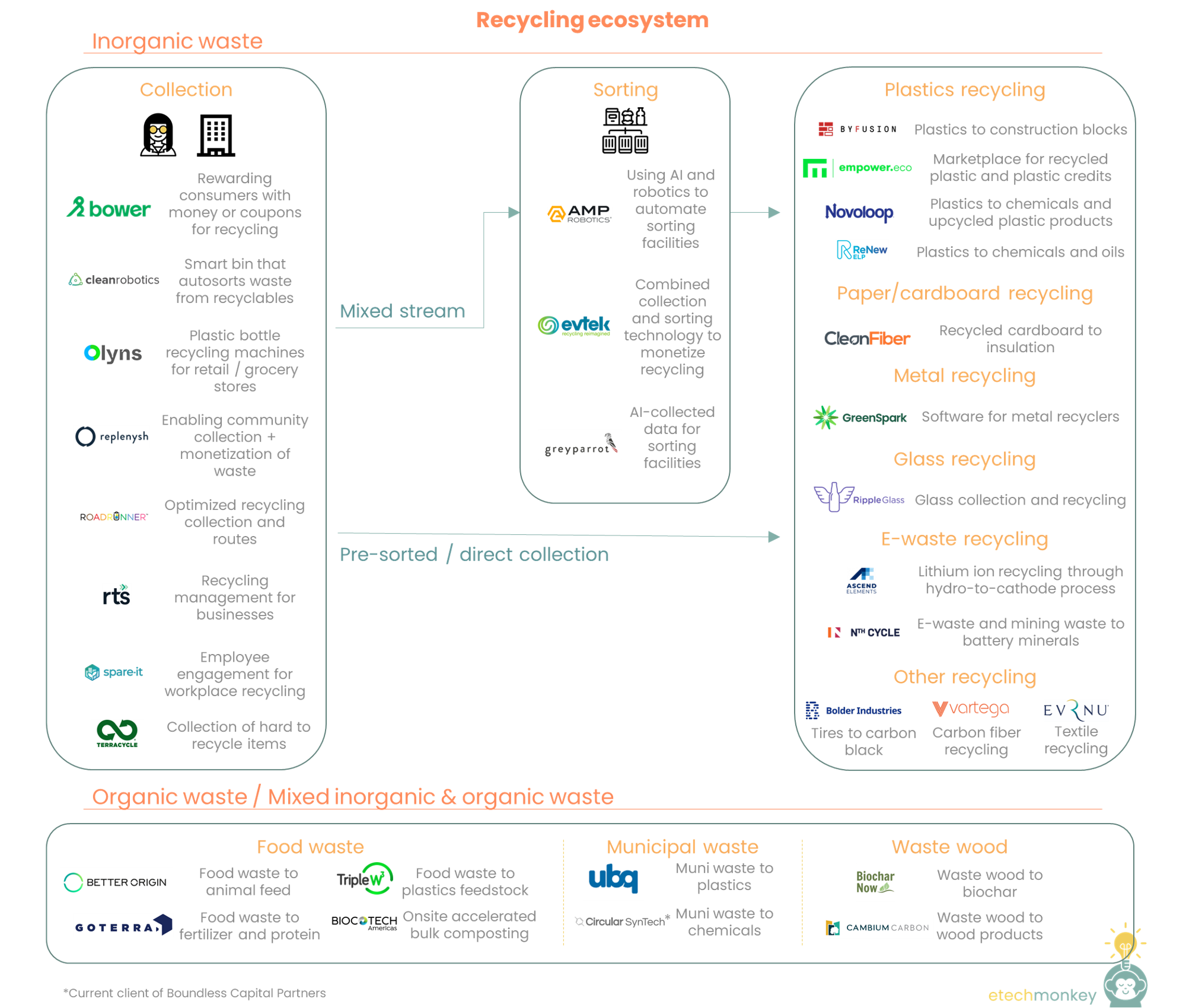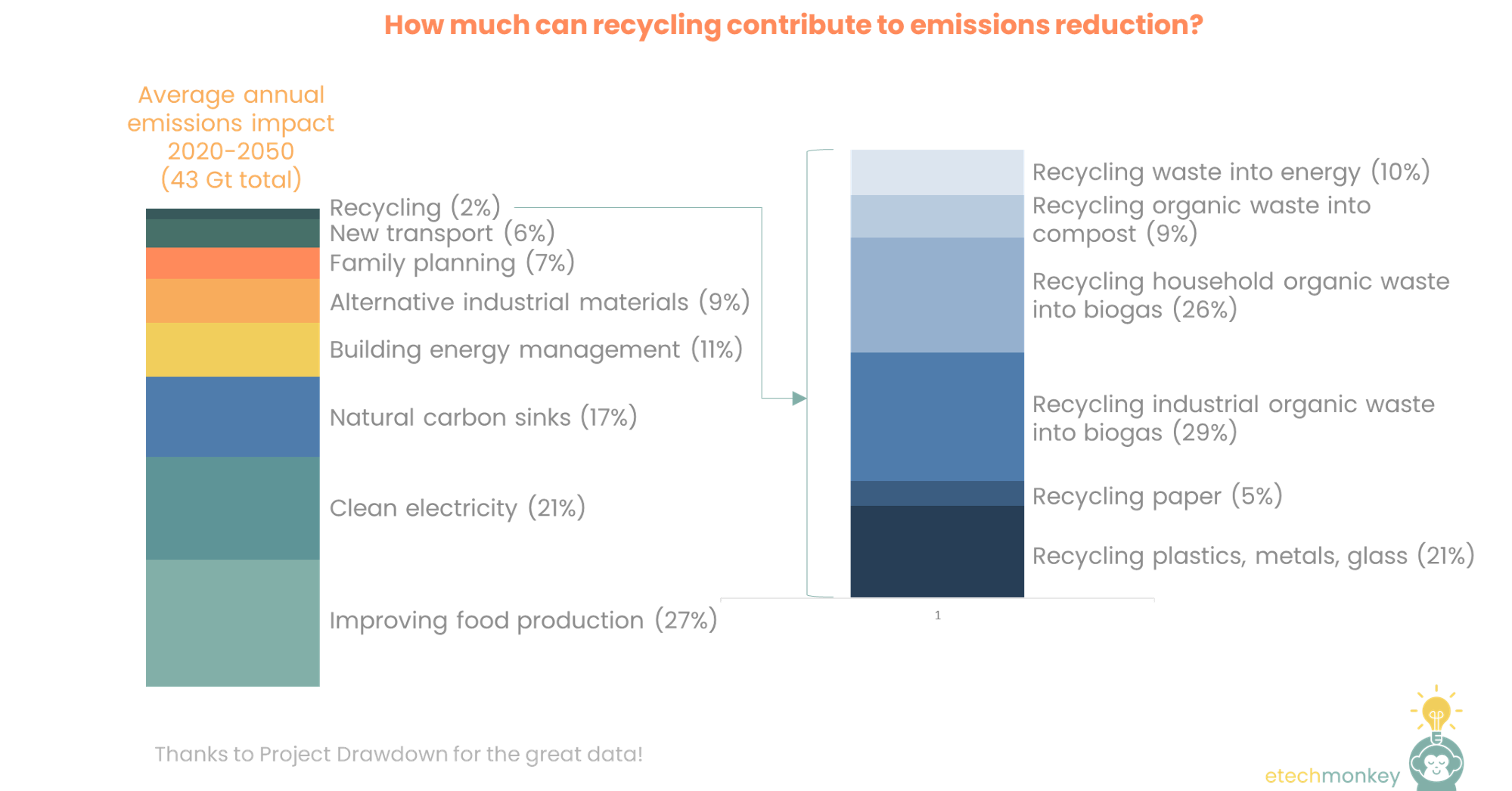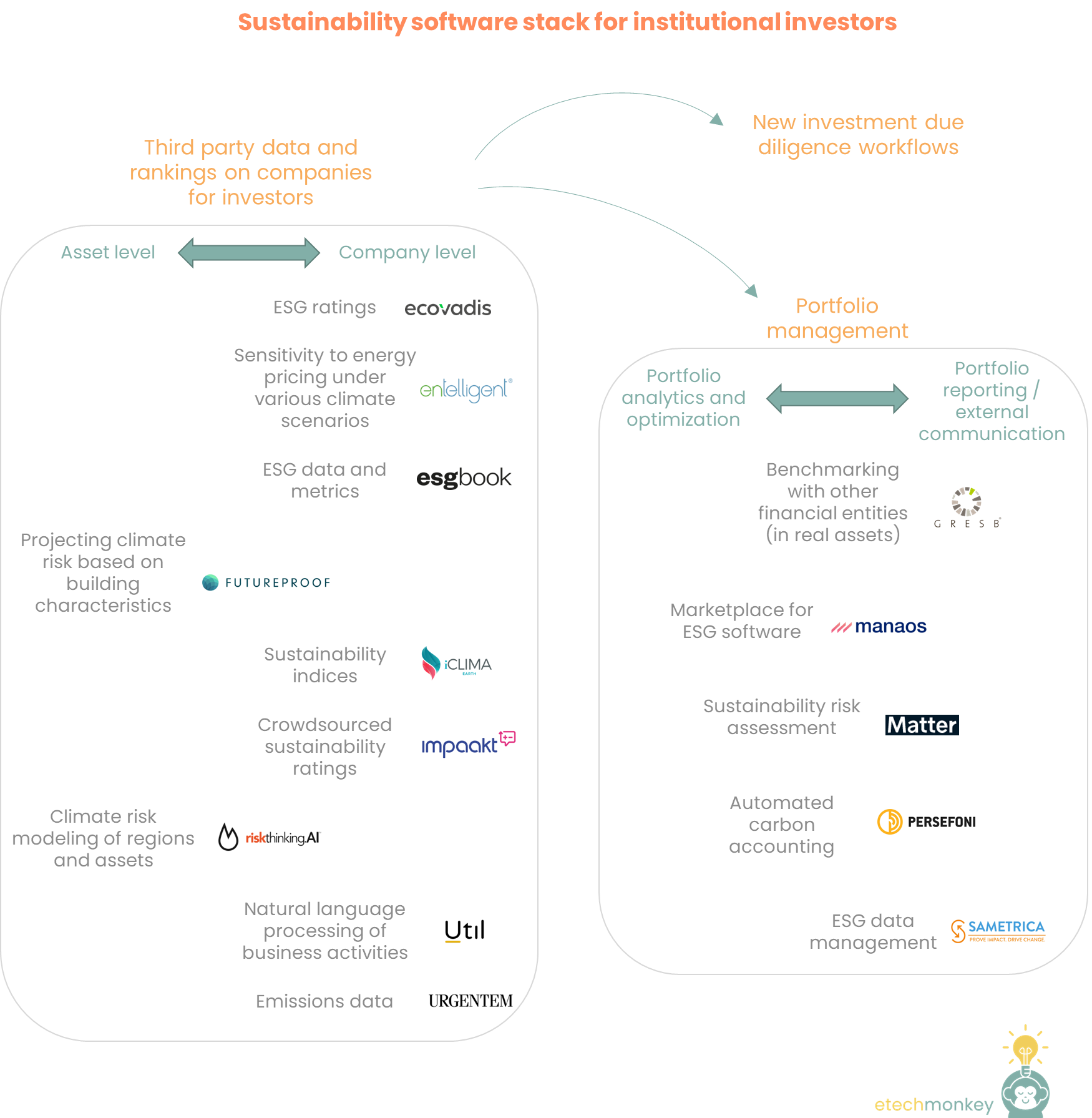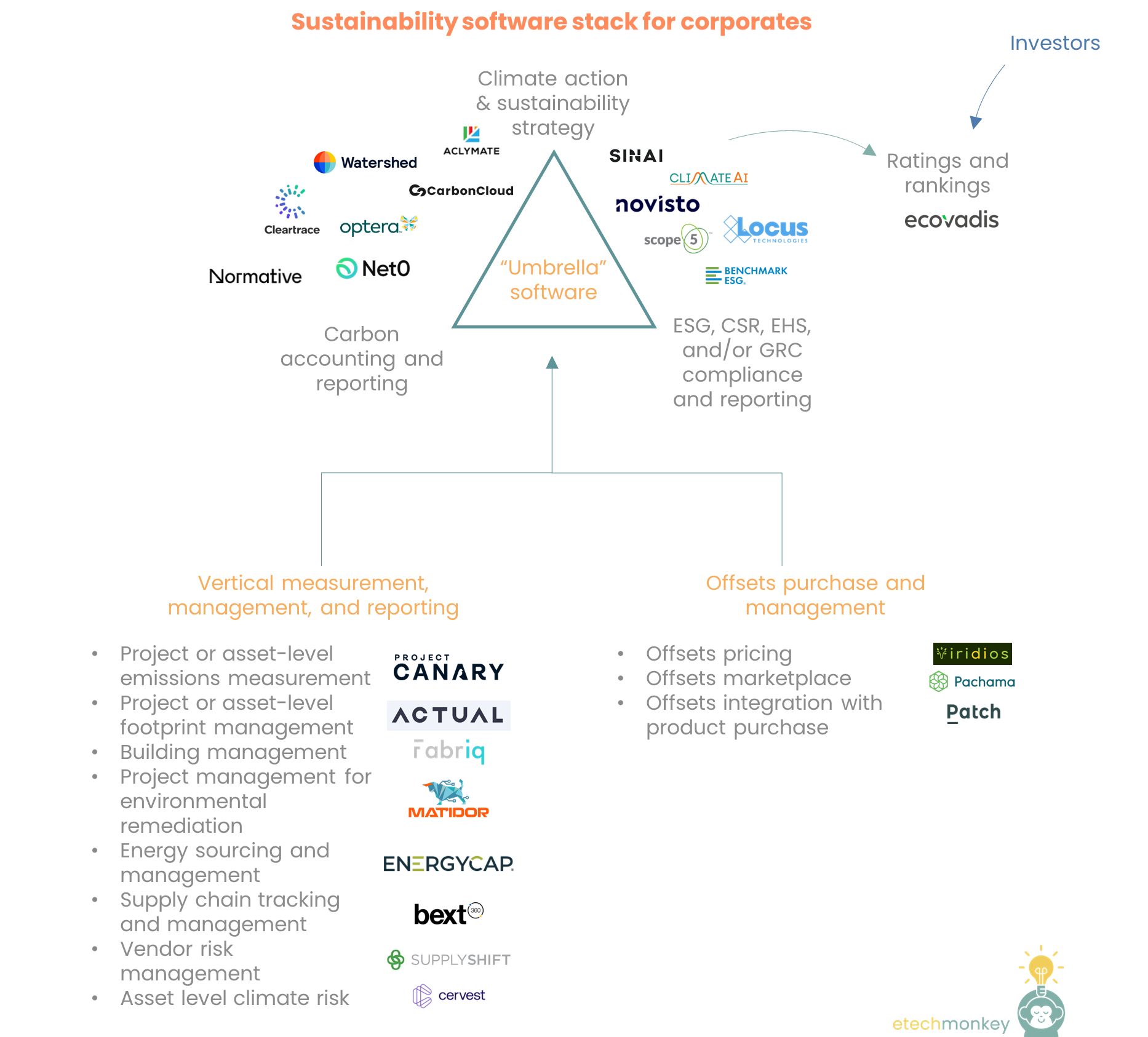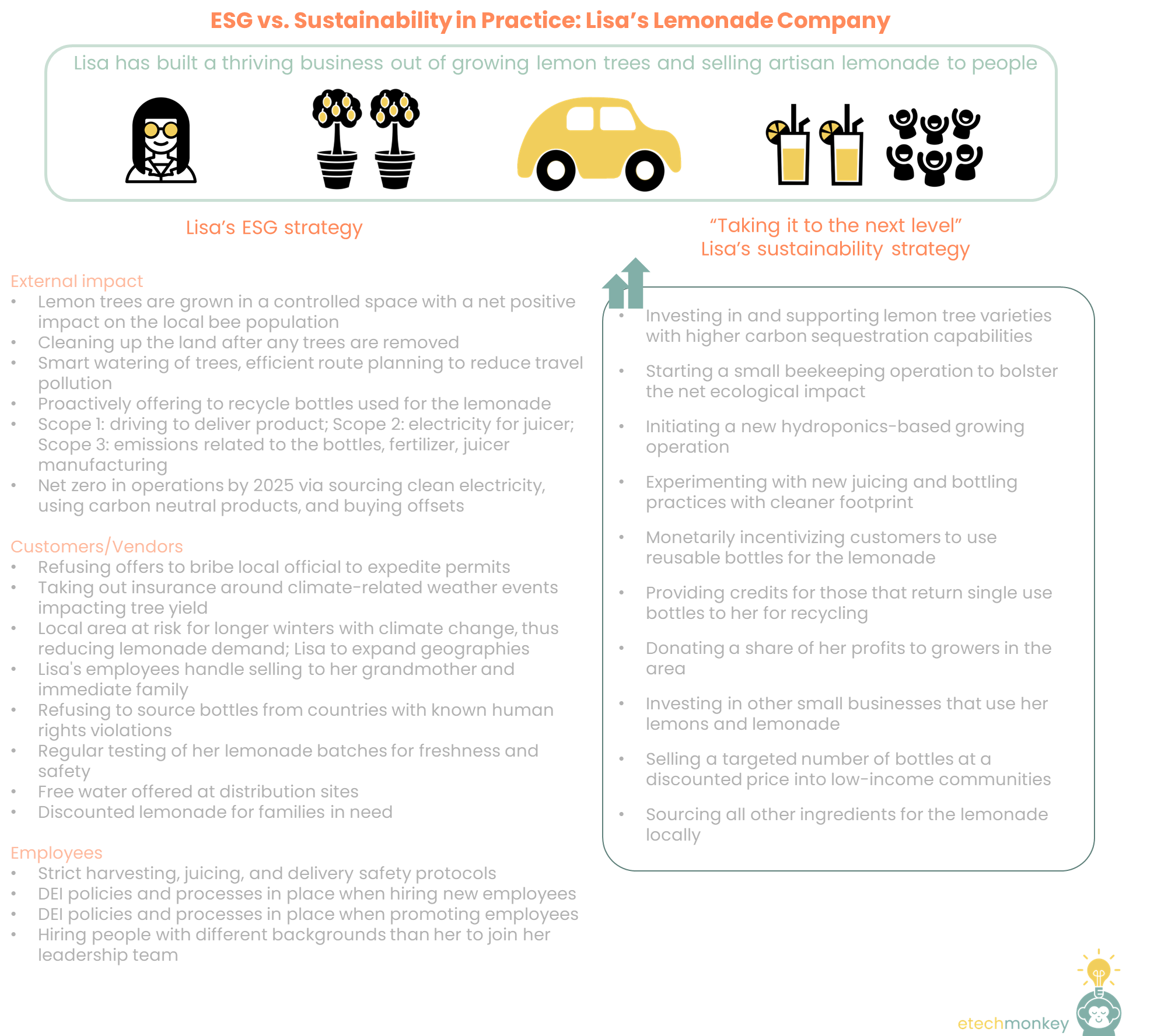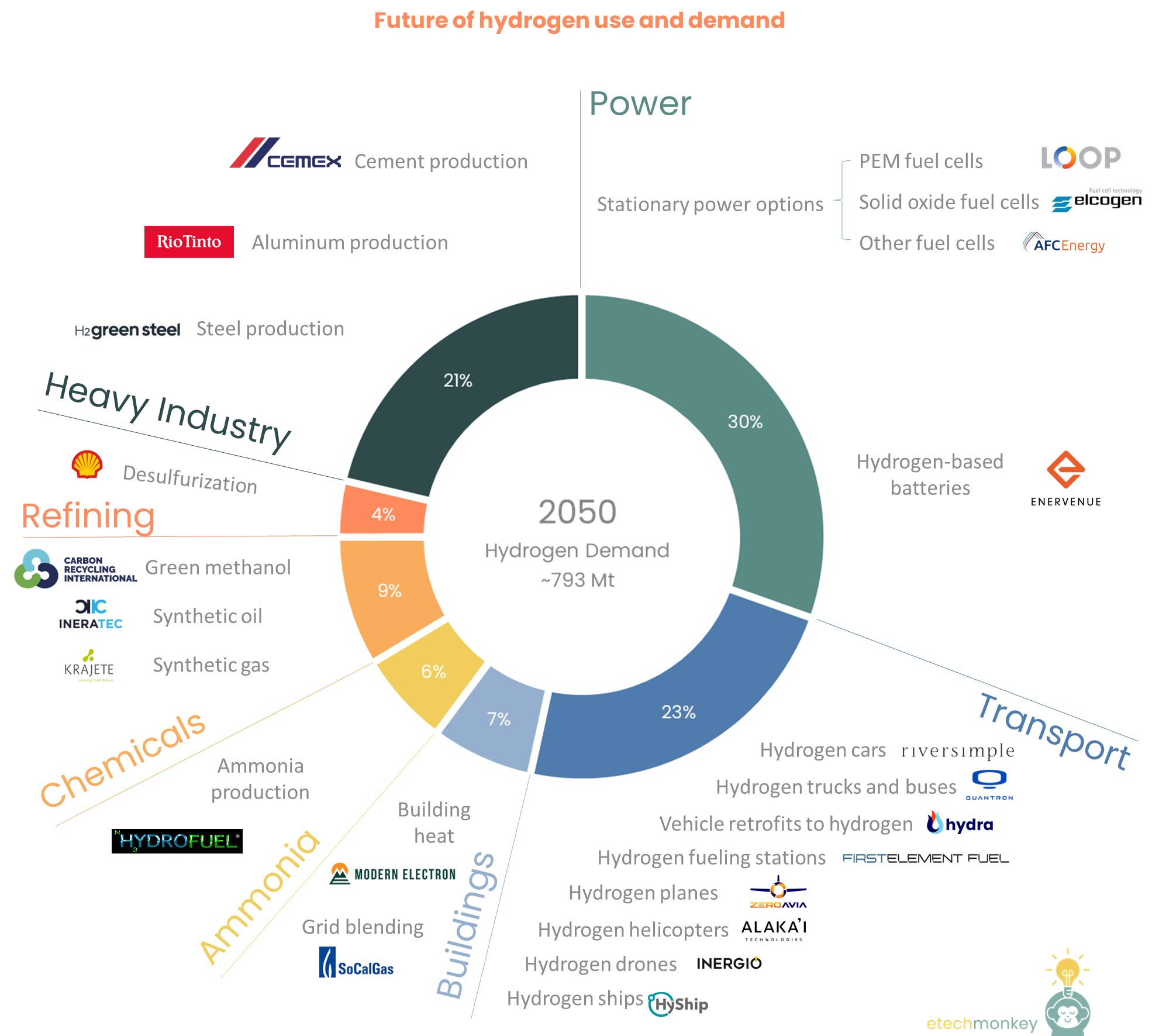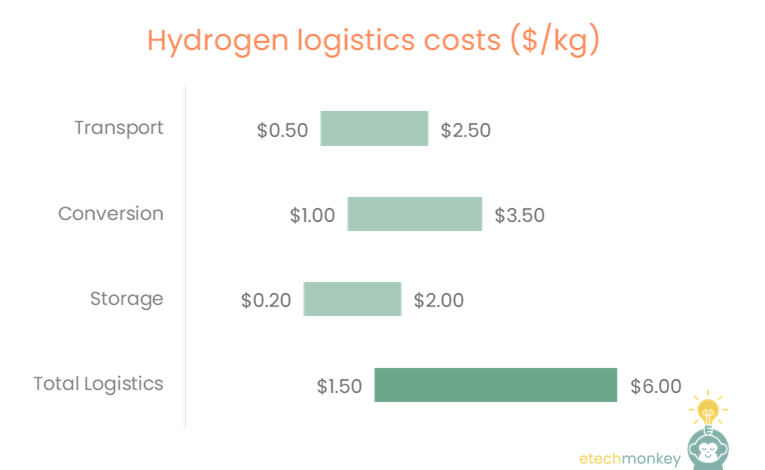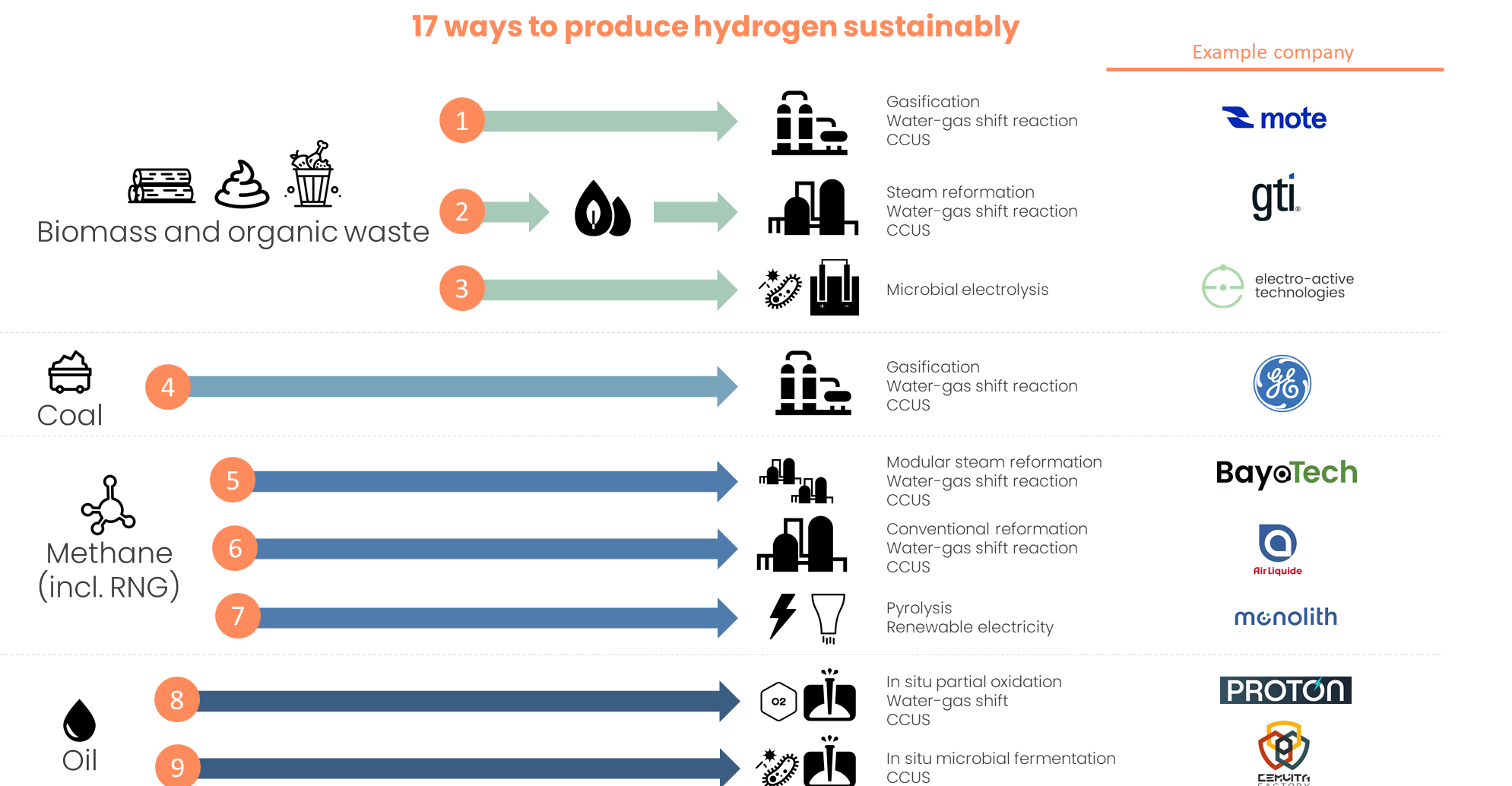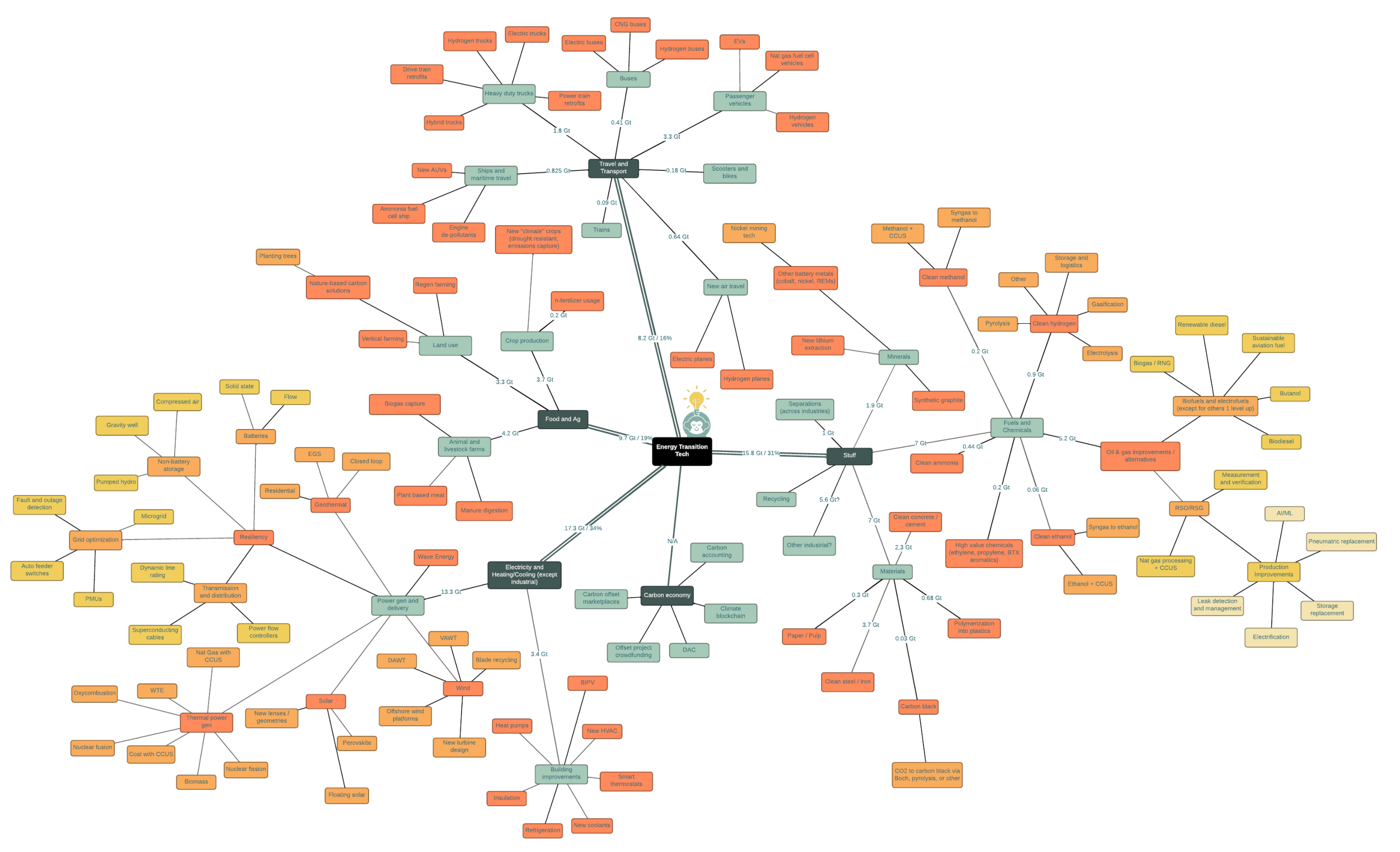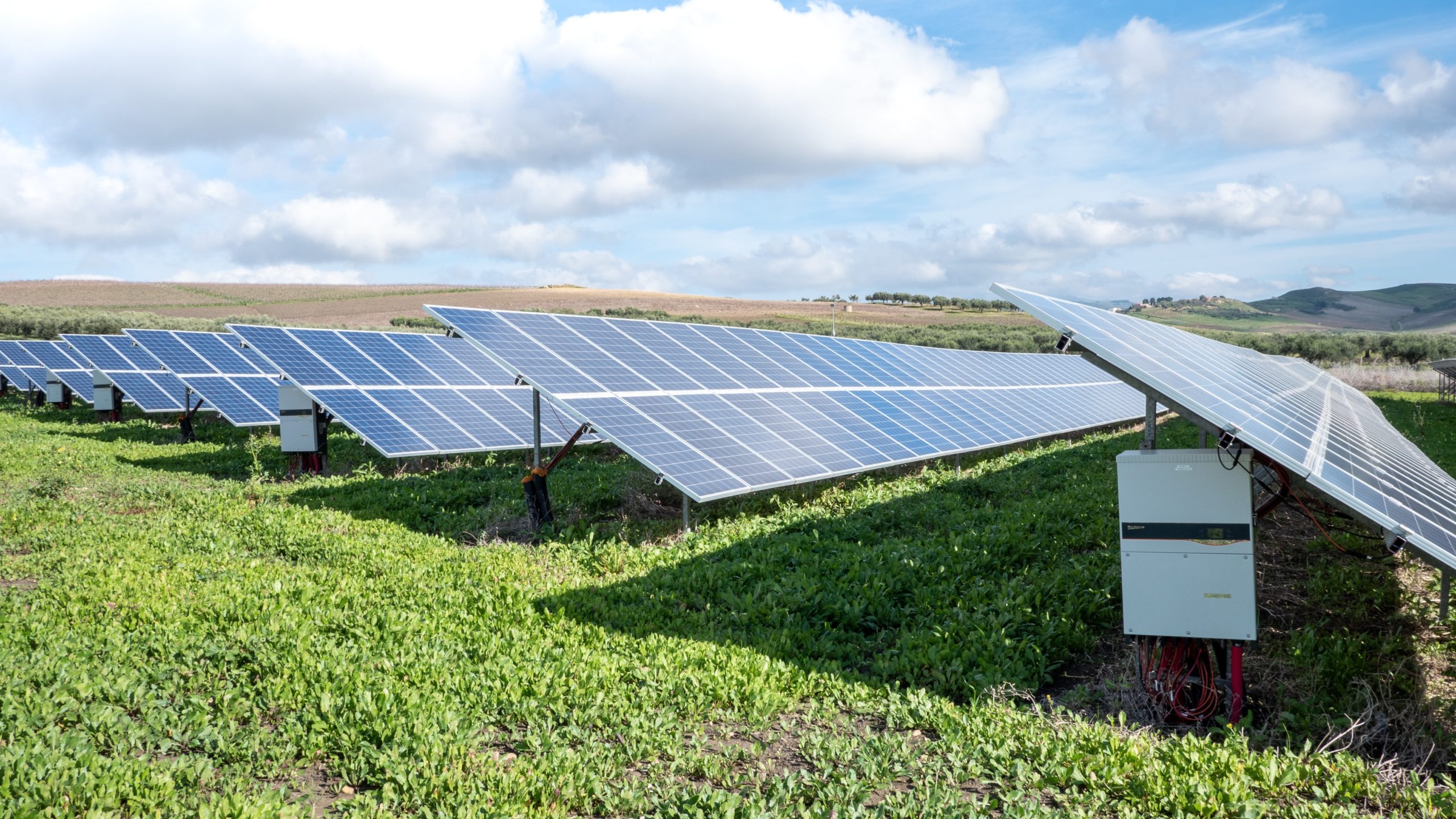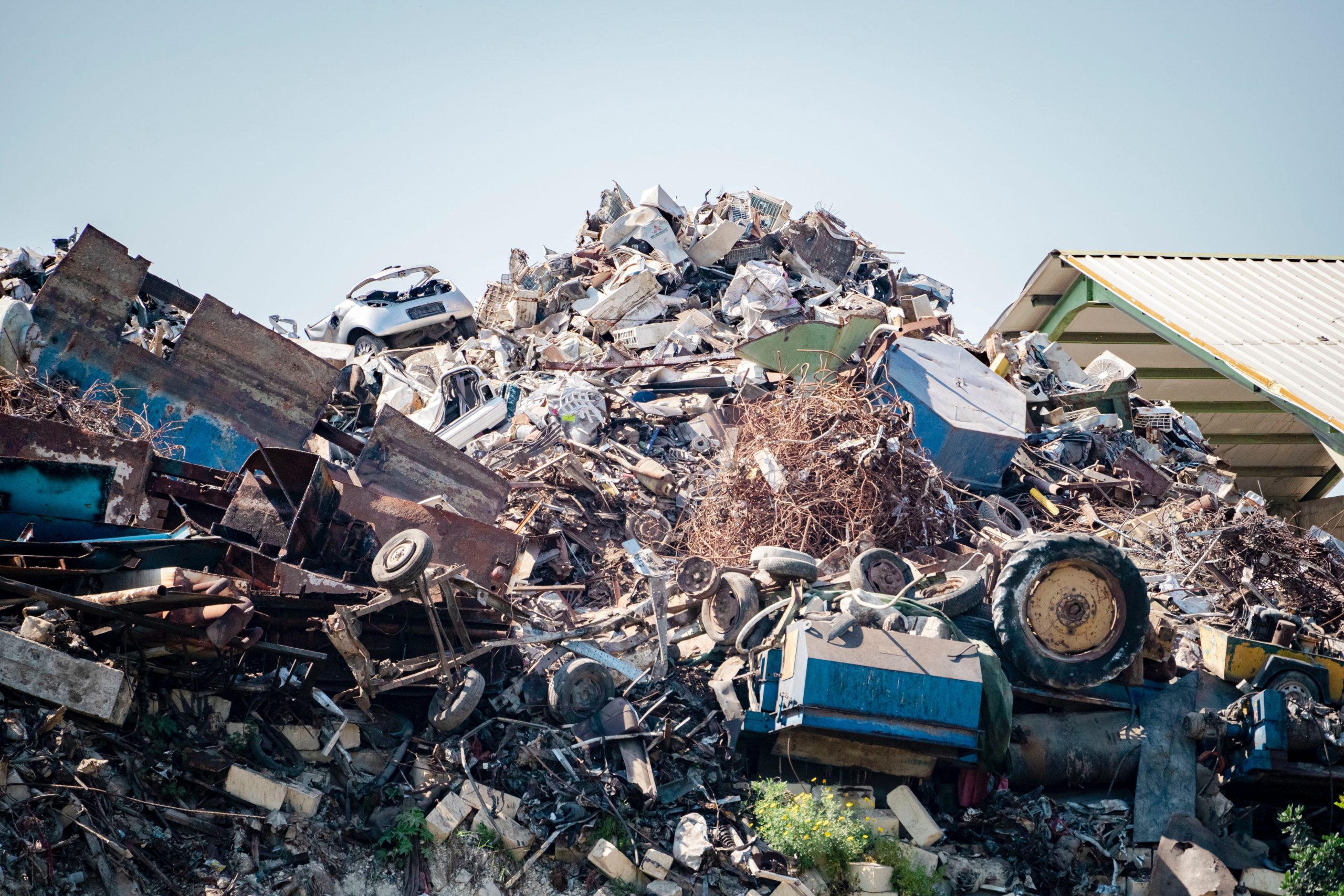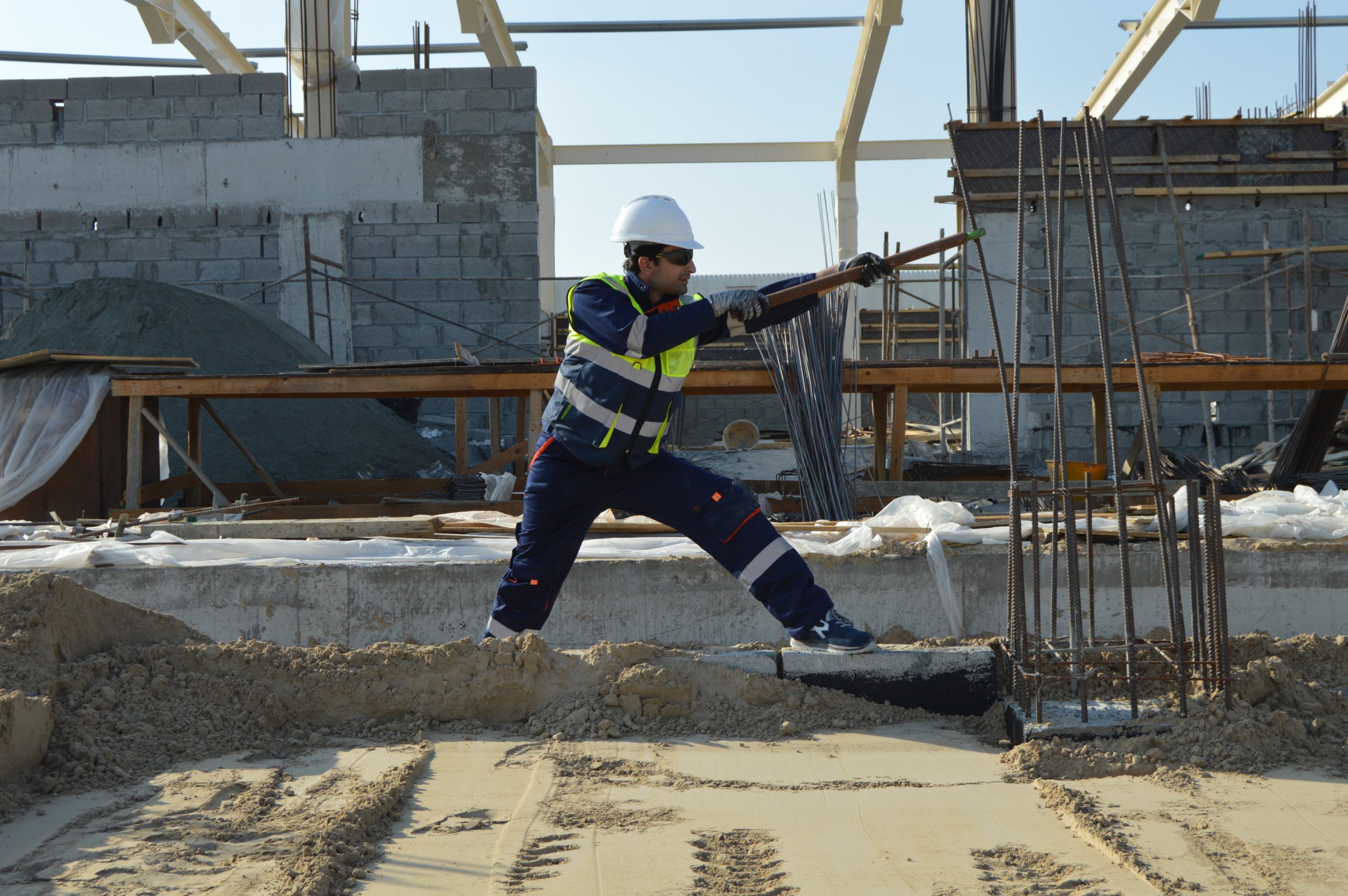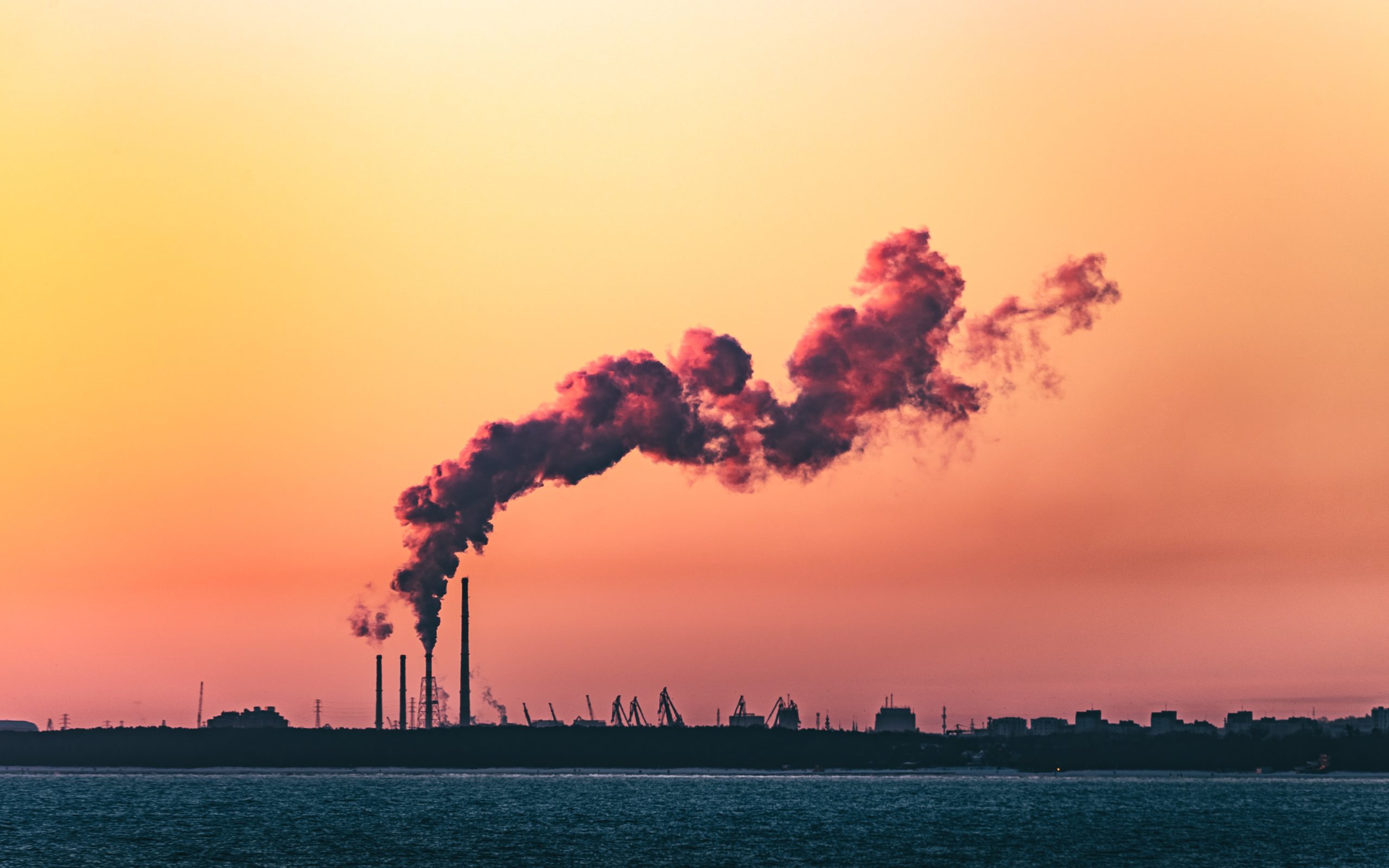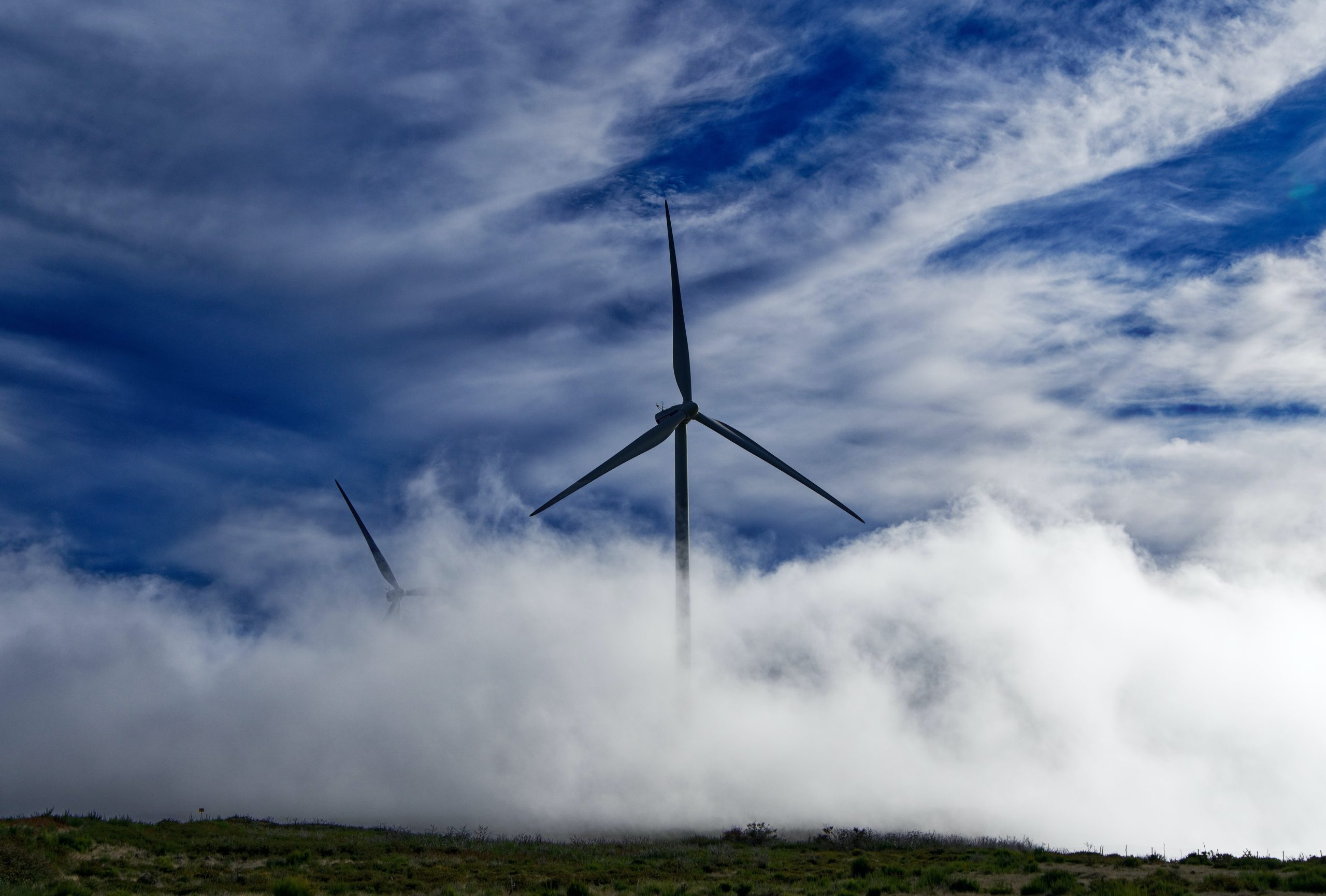After last week’s look at commercial facilities that have been successfully funded, I wanted to better understand what projects in the future will need large first commercial facility (or large first-of-a-kind / FOAK for short) funding. I went through the list of hard-tech climatetech technologies and think there's ultimately 3 types of startups that will […]

The scaling problem in hard asset climatetech is well-known and well-documented…valleys of death, unfit capital, project development challenges, etc. etc. Technologies that require some kind of plant, facility, or large chunky infrastructure to be built struggle the most with scaling. Here's how the ease of funding curve looks across a company's maturity (thanks, Lanzatech): Initial […]
Back to carbon footprinting! So after exploring carbon footprints around the world, how carbon footprints scale with wealth, and the general ecosystem of consumer sustainability software, I wanted to try out some of the consumer footprinting apps for myself. First off, I had actually calculated my personal footprint using the same method from the previous […]
On Tuesday, President Biden signed into effect the Inflation Reduction Act. In the last two weeks, I’ve looked at the climate-related credits and the methane emissions reduction fee in the bill. This week, I thought I might be returning back to the topic of carbon footprinting and away from the thrilling world of tax policy…but […]
Last week I did a review of the new IRS climate credits in the Inflation Reduction Act (Sections 13101 through 13802). The other climate-related portions of the act (Sections 21001 - 23003, 30001 - 30002, 40001 - 40007, 50121 - 50303, 60101 - 60506, 70001 - 70002, 80004) cover appropriations to states and government agencies […]
Taking a break from consumer footprints this week to talk about the Inflation Reduction Act (IRA), groundbreaking legislation for the climatetech world. It was introduced last Wednesday as a substantial revamp of the Build Back Better Act (BBBA). With BBBA-opposer Senator Manchin’s support, this budget reconciliation bill opens back up the possibility of passing key […]
This week, following a similar vein to last week, will also be about personal carbon footprints. So if you’re sick of personal carbon footprints at this point, well, I’ve got a week or two more left on this subject! 😊 As I’ve mentioned before, people with higher incomes have a much larger impact on the […]
After looking into emissions across different regions and income levels for the family planning post and the consumer sustainability post, I was super curious to explore a detailed breakdown of these emissions numbers. How does the US have some of the highest emissions per capita at 14 tons, more than double – or even triple […]
I’ve always believed that for a carbon economy to be whole, consumers need to be part of the market. Consumers drive demand which can structurally shift supply chains towards cleaner, greener sources. By buying things at a green premium, consumers can make non-rational (in the economic sense) choices to push for sustainable products. This can […]
Last Thursday’s SCOTUS decision on West Virginia vs. EPA made waves across the climatetech community in denying the EPA’s authority to set power plant emissions targets using generation shifting and market mechanisms like cap-and-trade. It set a restrictive precedence on the EPA’s ability to accelerate energy transition and removes one of the key regulatory levers […]
